

The tower is one of Porto's most iconic buildings and its architect one of the town's most influencial of 18th century. The church and tower were designed by Nicolau Nasoni, and built between 1754 and 1763, for the irmandade dos clérigos pobres (the…
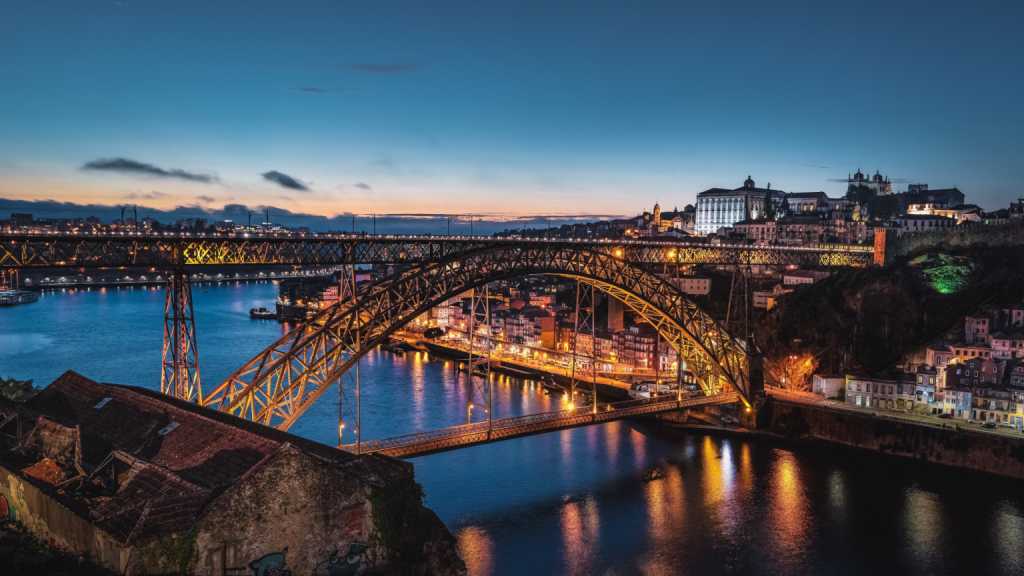
At the end of the 19th century, Porto felt the need for a new crossing over the Douro, until then made by boat or by the suspension bridge. One of the earliest projects is in fact a drawbridge of Gustave Eiffel, but it was his pupil, Théophie…
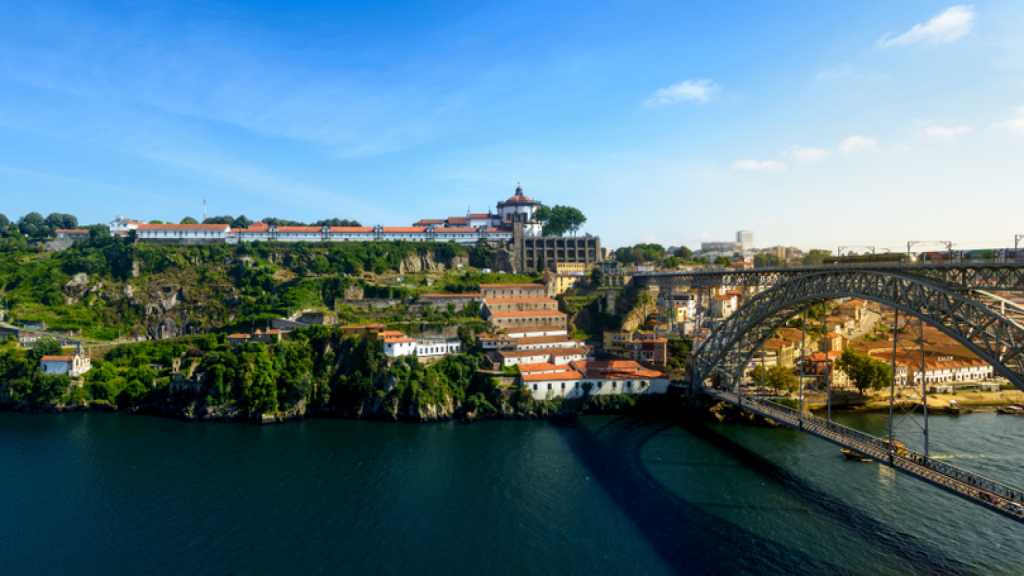
The monastery dates back to the 17th century and was initially created with the purpose of hosting the Augustinian Friars of the Monastery of Grijó. This complex is composed of the church (of circular plan), the main chapel (of rectangular plant)…
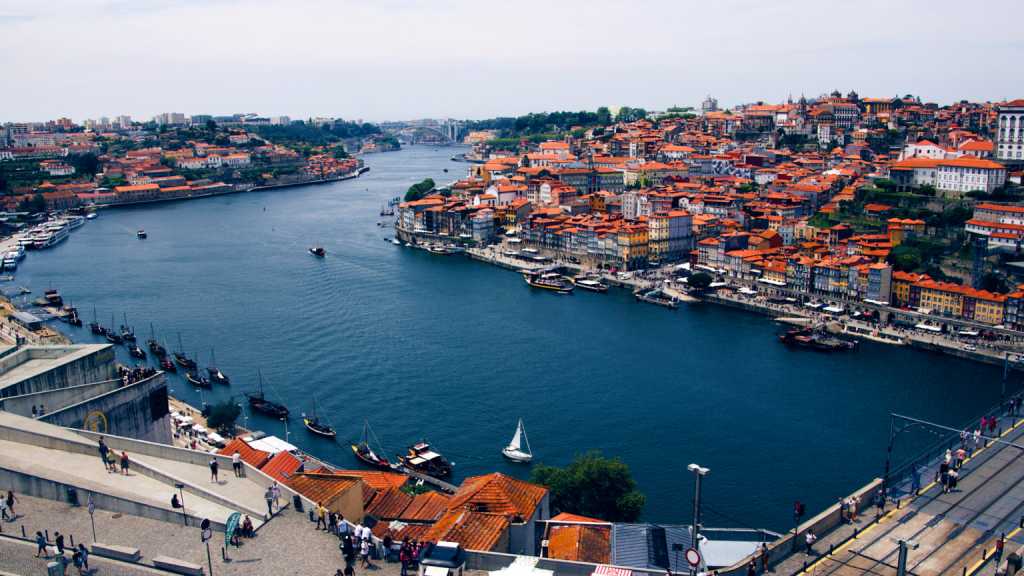
The Jardim do Morro (or Garden of the Hill) is located in Vila Nova de Gaia, at the foot of the Serra do Pilar, next to the upper board of the D. Luís Bridge, and is a great place to stop to appreciate the Oporto on the other shore and the landscape…
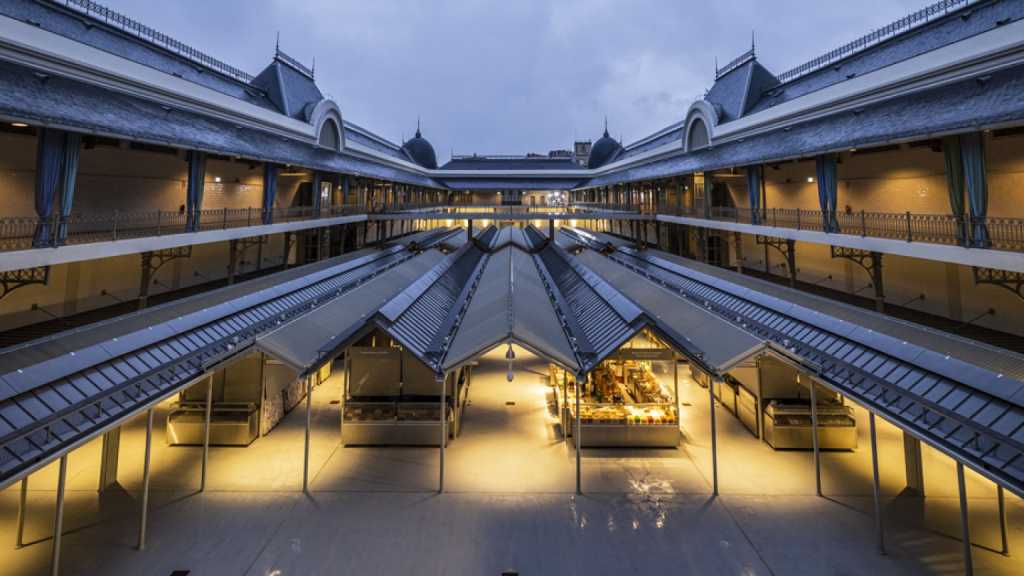
The Mercado do Bolhão is unquestionably one of the ex-libris of the city of Oporto and one of the most iconic markets in the entire country. This building is a Monument of Public Interest and has a façade that recalls its origins. Its history dates…
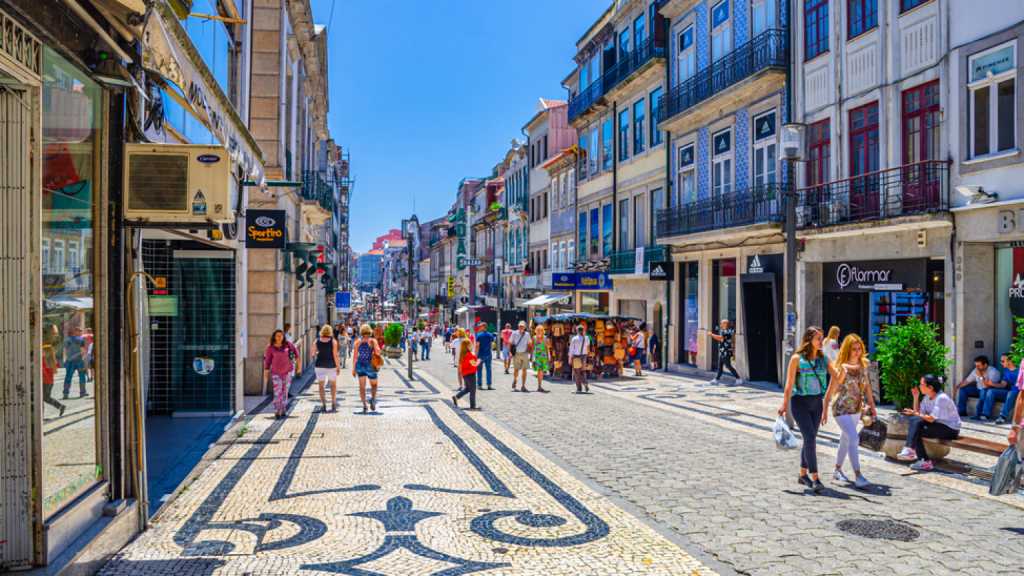
The Santa Catarina Street, with about 1.5km long, is considered for excellence the most commercial and traditional street of Baixa do Porto. In it you can hear the street vendors' bargains, street music in the summer, the smell of baked chestnuts in…

The Porto Art District focuses mainly on Rua Miguel Bombarda, but also includes some adjacent streets including the streets of Rosario, Adolfo Casais Monteiro and Breyner, and aims to bring together several galleries of contemporary art.…
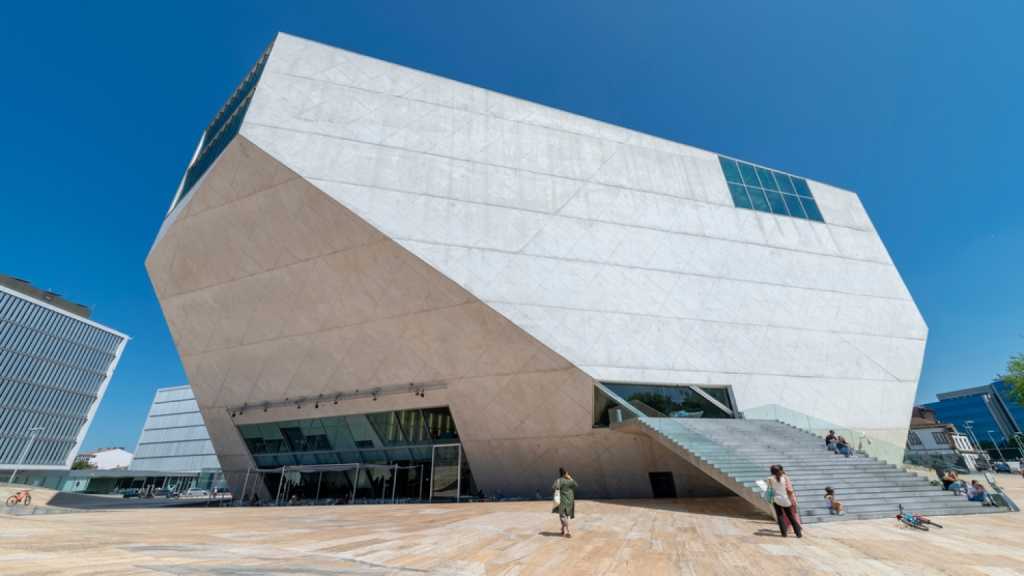
As part of Porto 2001, European Capital of Culture, the Casa da Música was first planned in 1998, when it was announced that Porto and Amsterdam would be the capitals in 2001.…
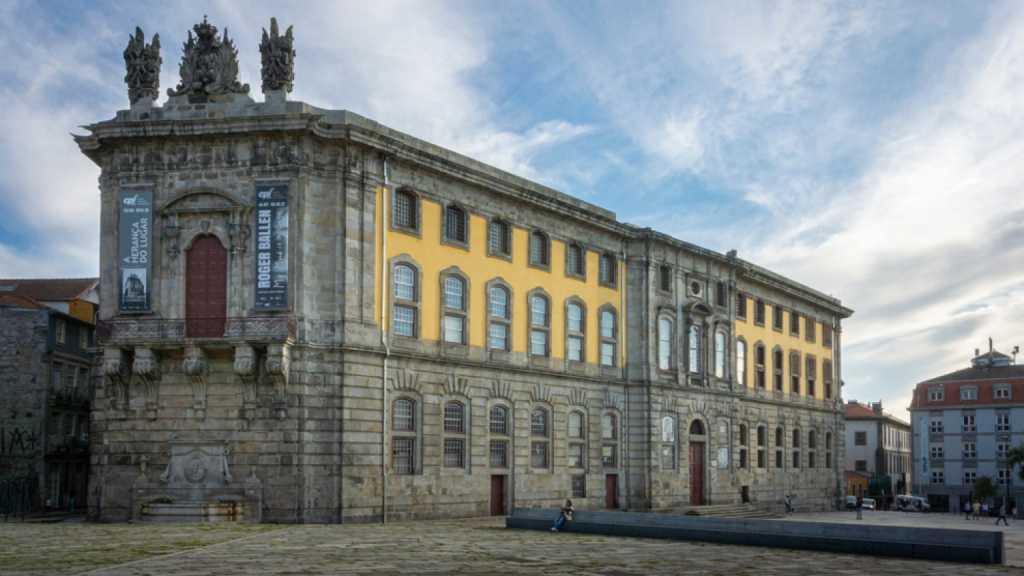
The building of the Cadeia da Relação do Porto began its construction in 1765 after the previous building had noise due to construction failures. This new building was built on neoclassical lines very practical and austere and represents the…
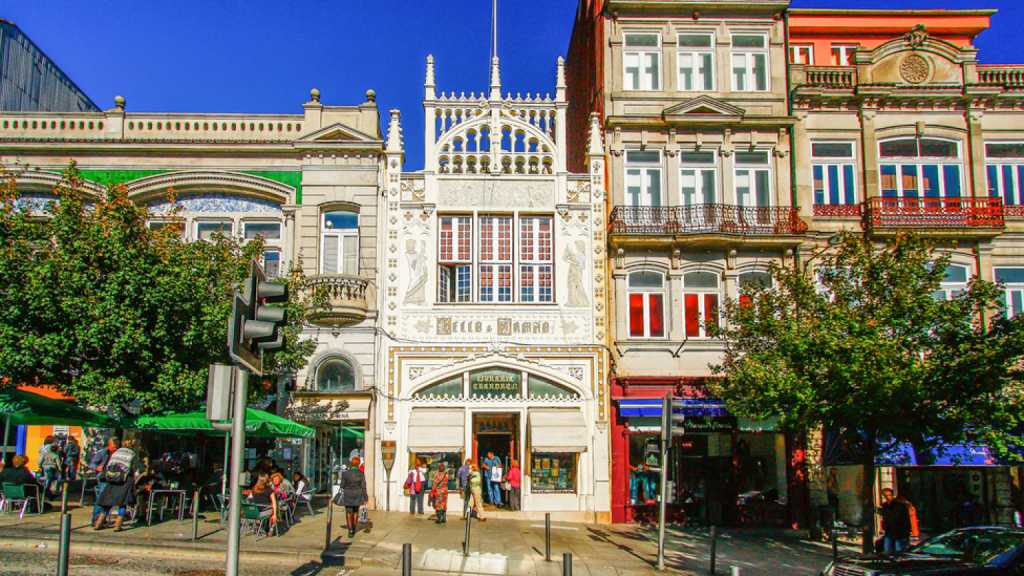
The company Lello & irmão, created in the end of the 19th century, decides to expand its business, which was mainly focused on culture and literature, and create a brand new place right at the beginning of the 20th century. By the hand of Francisco…
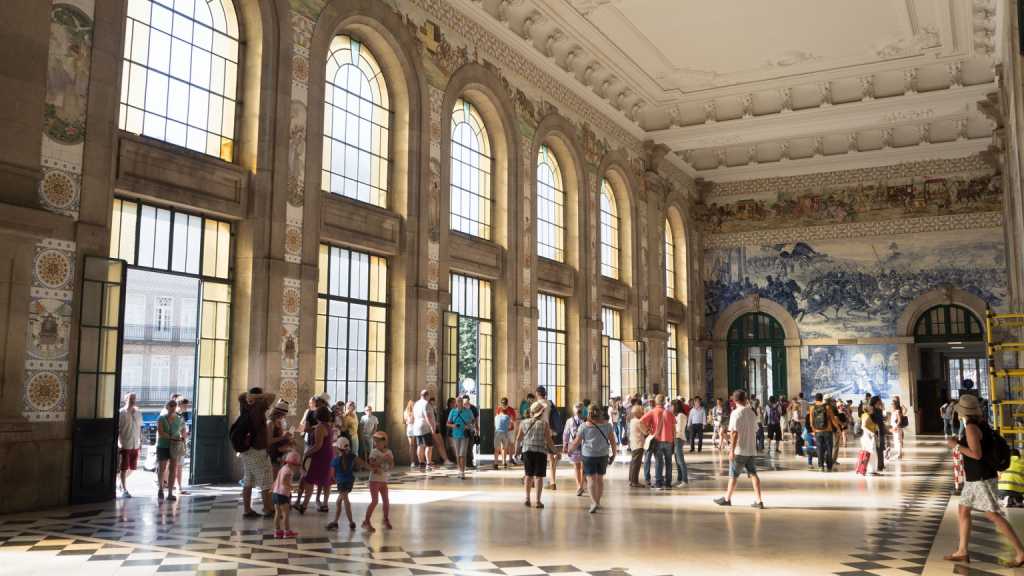
São Bento train station is born of the will to connect the regions of Douro and Minho, anyone can see their names at the building's ceiling.…
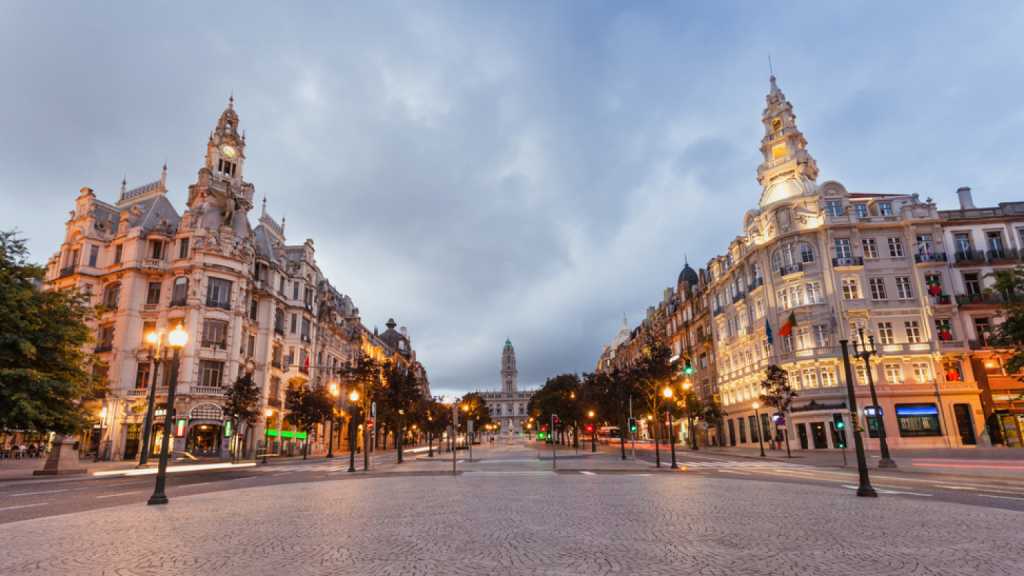
Aliados Avenue is one of the most important streets in the city of Porto. Together with Praça da Liberdade and General Humberto Delgado Square, it marks the center of the city. Its name is the homage to the Allied countries of the First World War.…
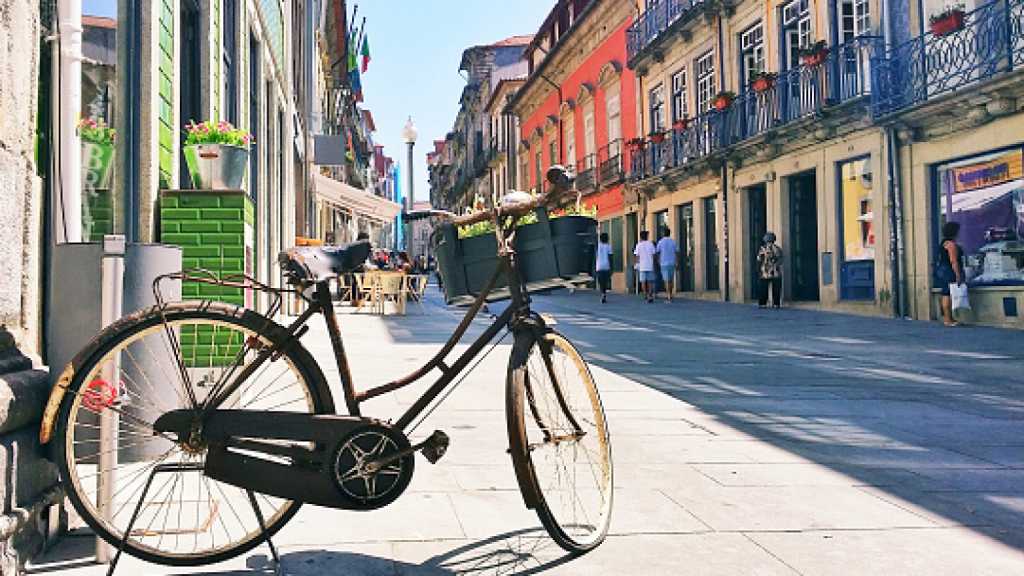
The Rua das Flores in Oporto was opened between 1521 and 1525, at the end of the reign of D. Manuel, on land occupied by the gardens and flowers of the bishop.…
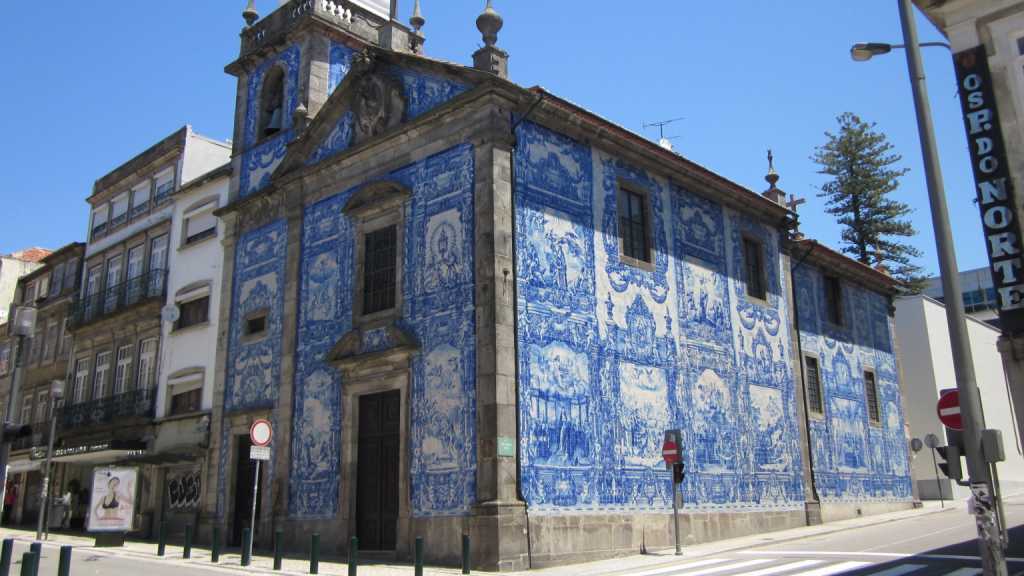
We wouldn't guess that the big and noisy Santa Catarina street owes its name to the little church on it. …
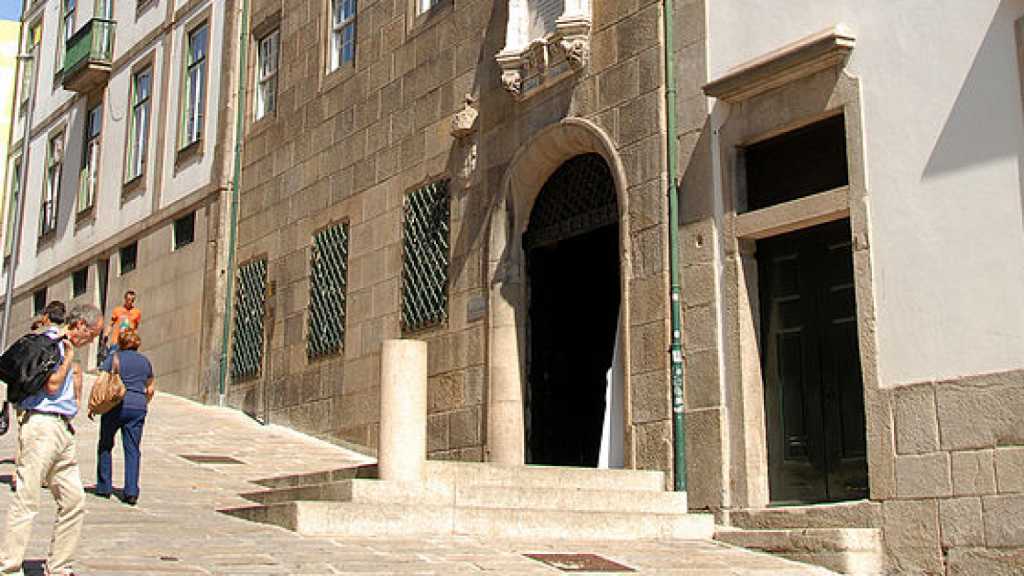
The building now known as Casa Museu do Infante was built to be the costums house to the maritime goods in the middle of the 14th century. The House of Coin was there built decades after as part of the whole building complex so that there could be…
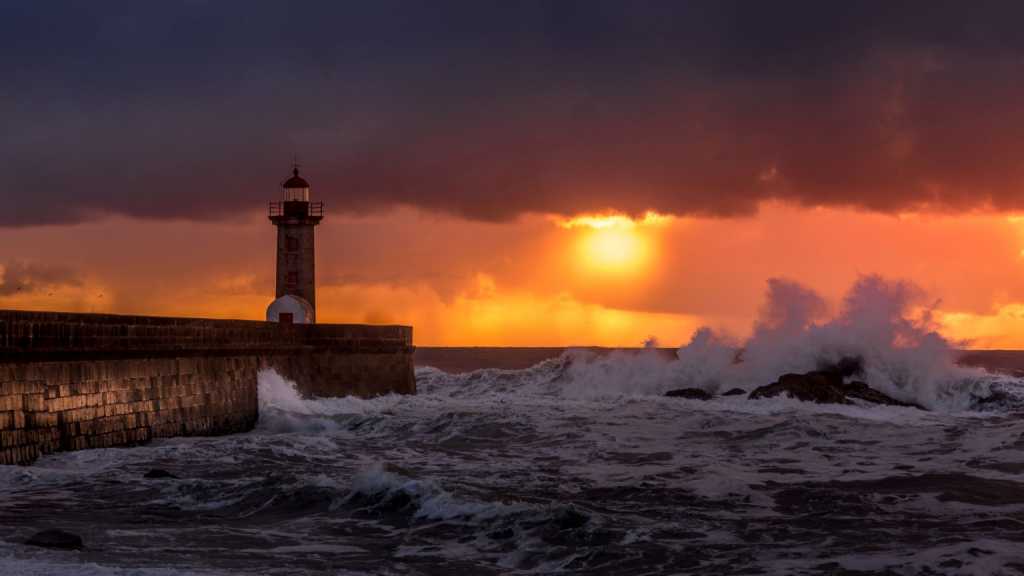
The Foz do Douro is a privileged place for the beauty of the landscapes that it offers, for its walk along the river and the sea, the terraces, bars and cosmopolitan gardens, being known as one of the most expensive areas of Oporto.…
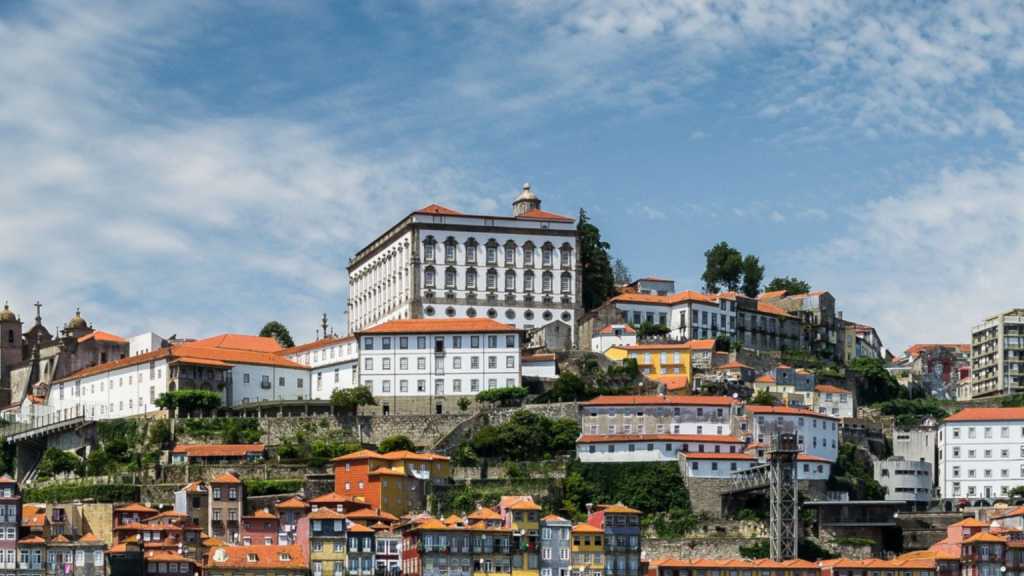
The Oporto Episcopal Palace is a baroque building located next to the Cathedral. Its original construction dates back to the 13th century. It was there that in 1386 the marriage of Dom Joao I with D. Filipa de Lencastre was celebrated, sealing the…
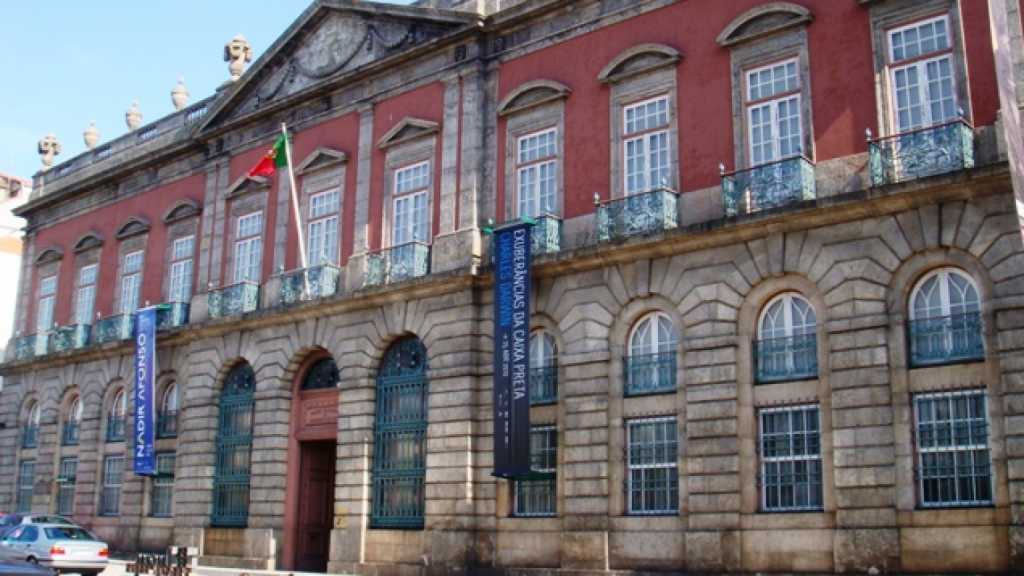
The Museu Nacional de Soares dos Reis is housed in the former Carrancas Palace, which was owned by Moraes Castro. The appellation name is borrowed by the nickname of the family that had it built at the end of the 18th century as housing and factory.…
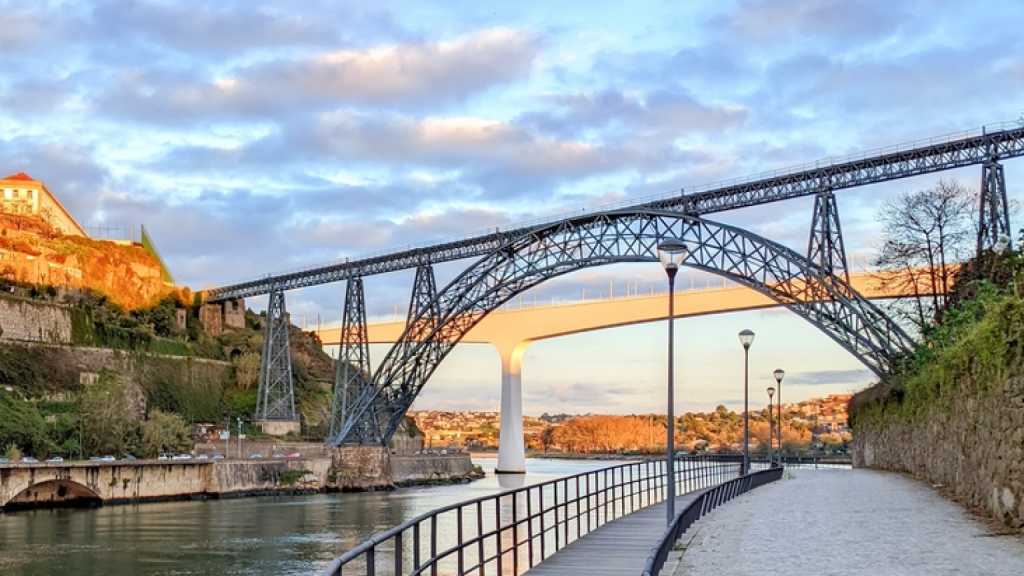
The D. Maria Pia Bridge is a railway infrastructure on the Douro River, to the Northern Line, between the cities of Oporto and Vila Nova de Gaia. This is one of the first great works of Gustavo Eiffel, with the collaboration of Theophilus Seyrig, and…
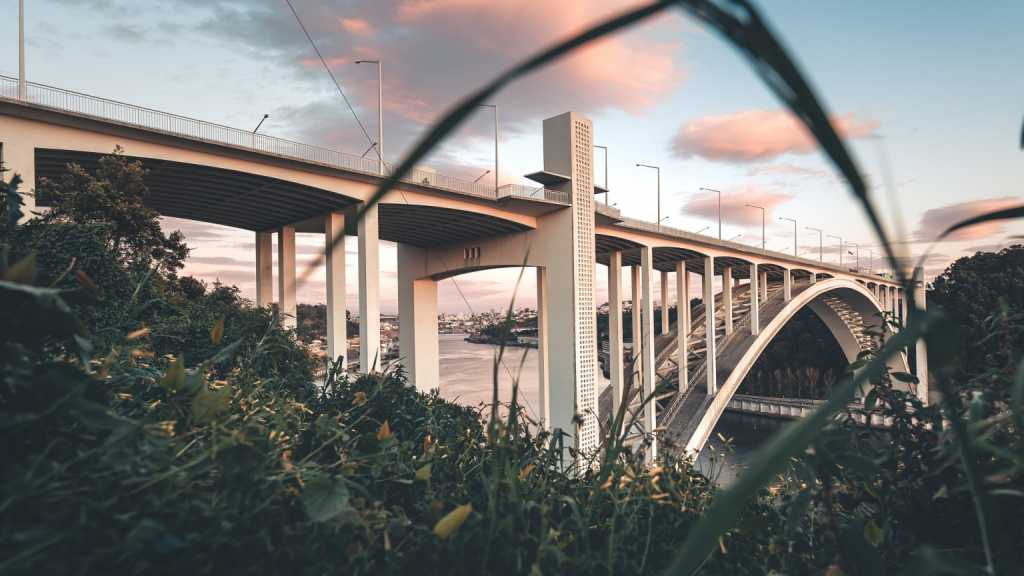
The Arrábida Bridge arose from the need to create alternatives to the old bridges of D. Maria Pia and D. Luís in order to respond to the growing flow of traffic, being the second to be built for road traffic.…
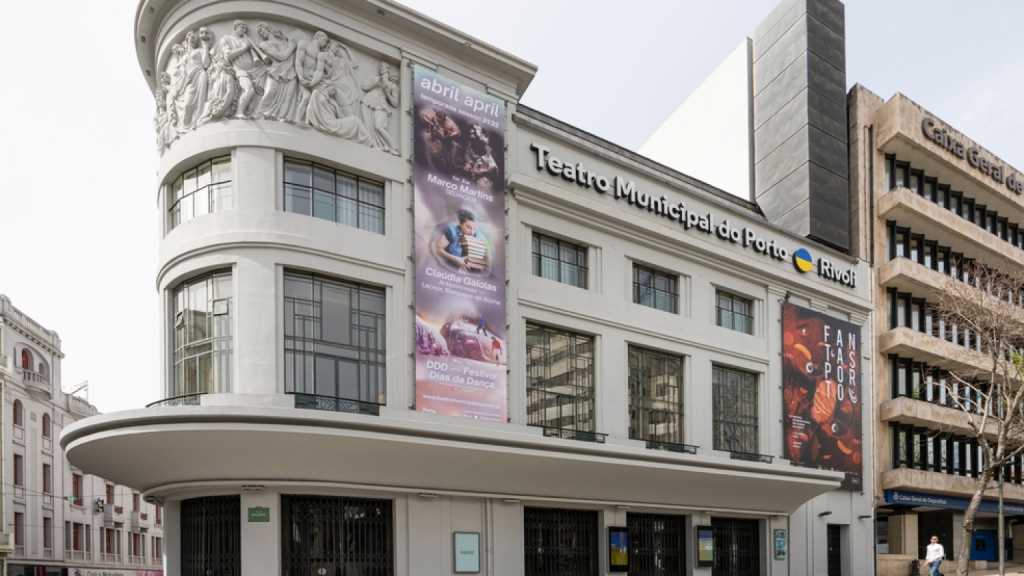
Originally called National Theatre, it was in 1923 after a refurbishment which was renamed Rivoli Municipal Theatre, adapted to the cinema, opera house, dance theatre and concerts.…
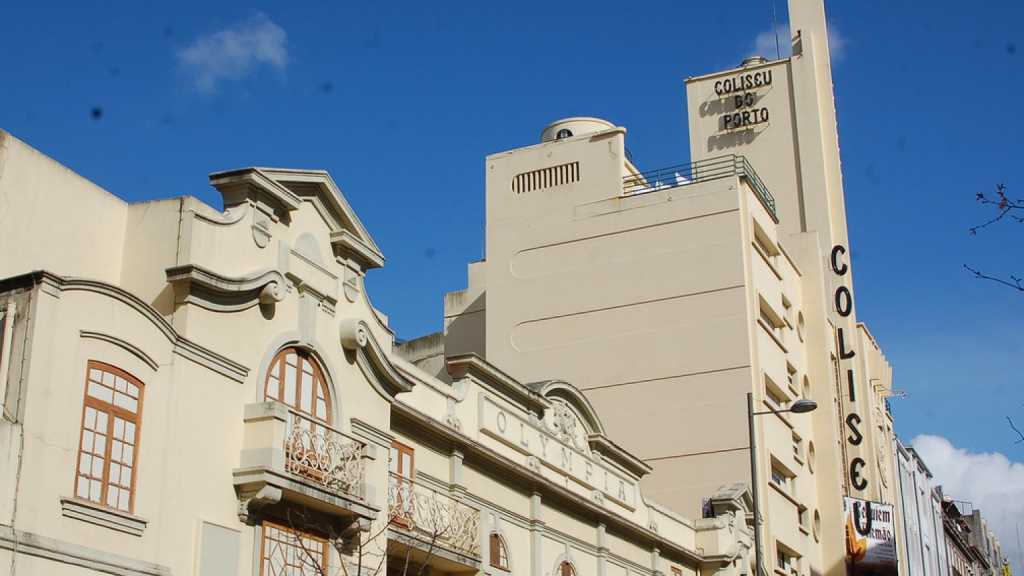
In the space where there was the Garden Hall of Passos Manuel, the building of the Oporto Coliseu began to be built. With its modern and avant-garde architecture, the Coliseu was inaugurated in 1942 and is considered one of the largest theaters of…
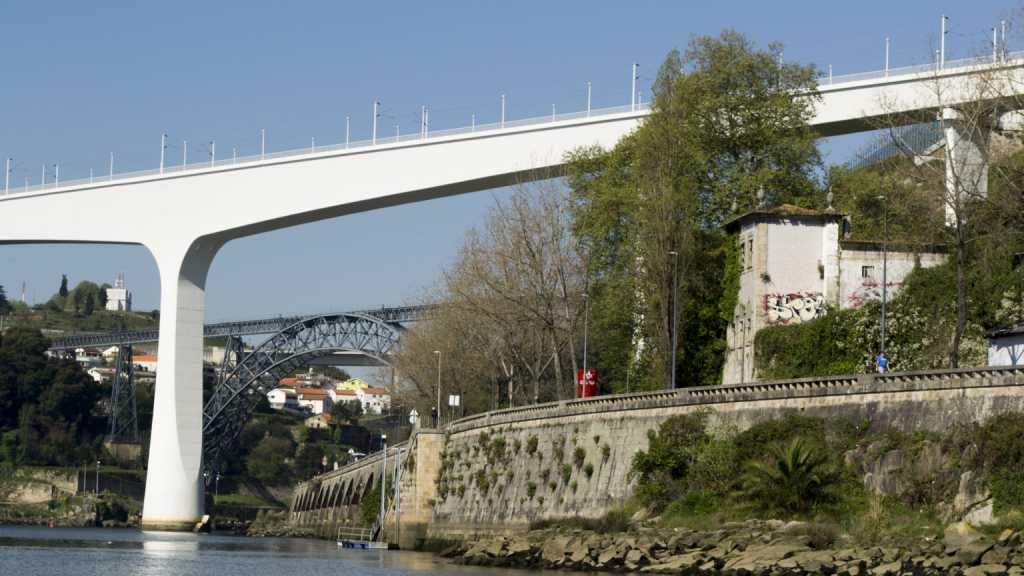
The São João Bridge is a railway structure, built to replace the Maria Pia Bridge, which due to the fact of being a single route, could not drain the traffic.…
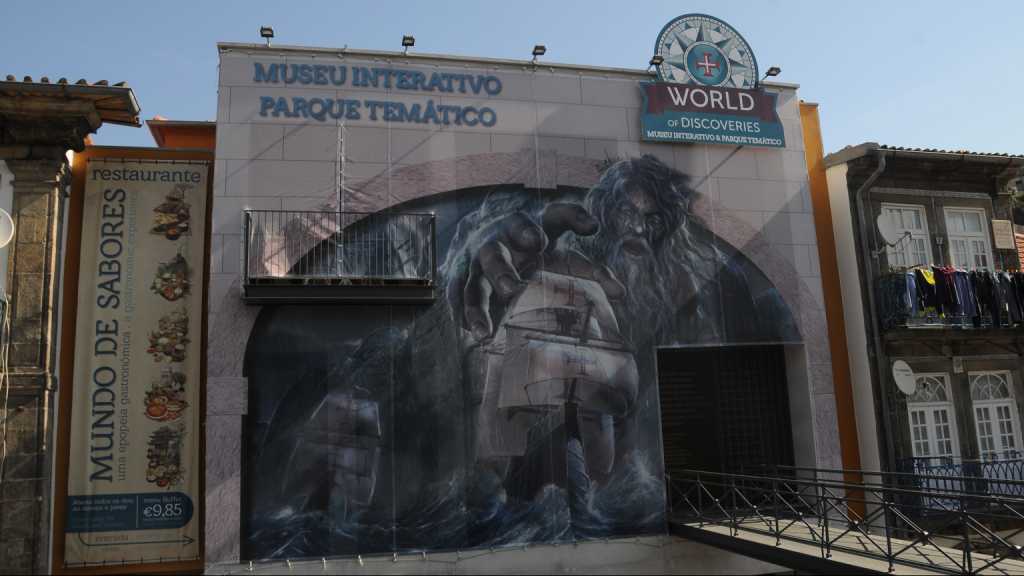
In front of the Oporto Alfândega, inside the old warehouses of the Real Companhia Velha, you can find the World of Discoveries. This is an interactive museum and theme park dedicated to the Portuguese discoveries, and was inaugurated in 2014.…
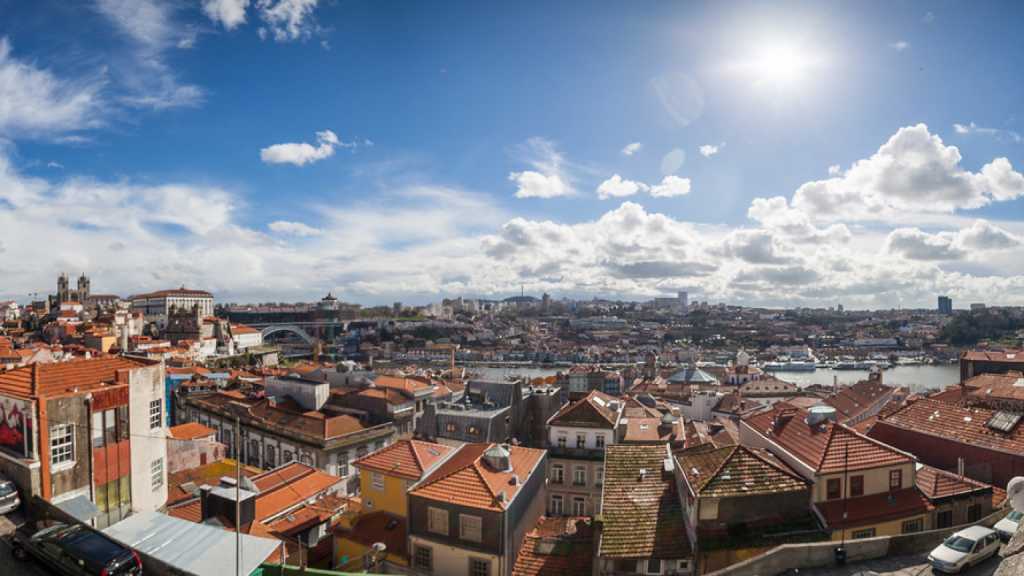
At the southern top of the old medieval Jewry, on Rua de São Bento da Vitória, there is one of the best viewpoints of Oporto. The small square where now opens a landscape where you can see the Port Wine cellars and the Rabelo boats on the bank of…
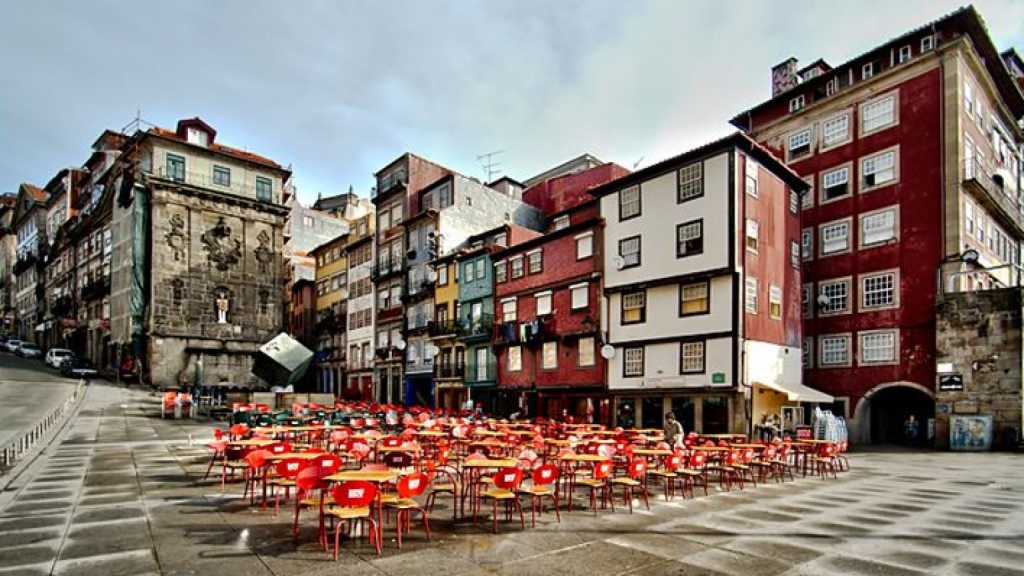
Who arrives today at the river bank down the street of São João and faces with Ribeira Square, or Praça do Cubo, well known for the work of the sculptor José Rodrigues, with its number of chairs, esplanades and customers waiting standing by…
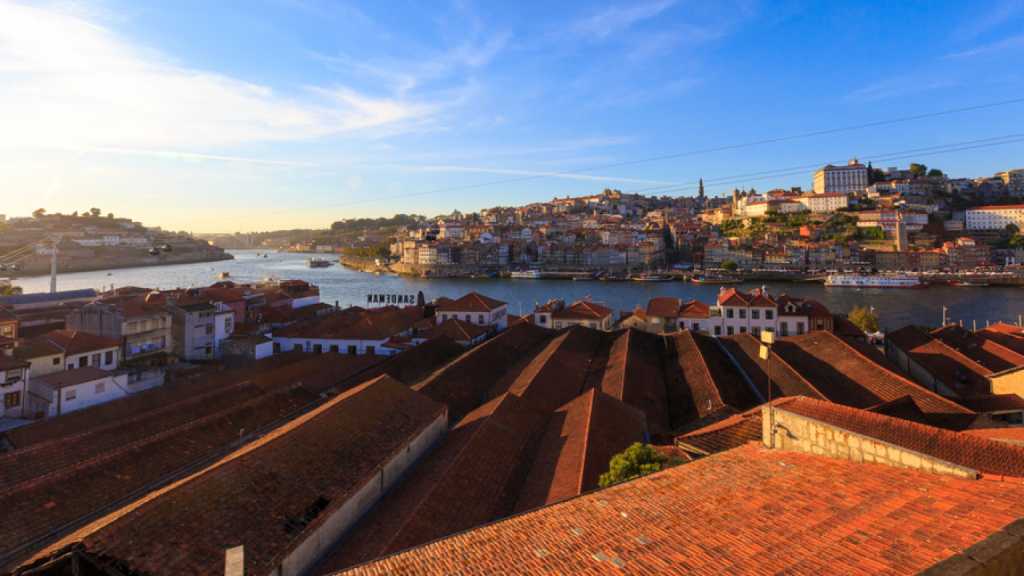
Port wine is produced in the Douro valley and brought to its cellars in the city of Vila Nova de Gaia. The history of this wine has been remembered since the 17th century when it began to be produced and exported by British families, arising from…
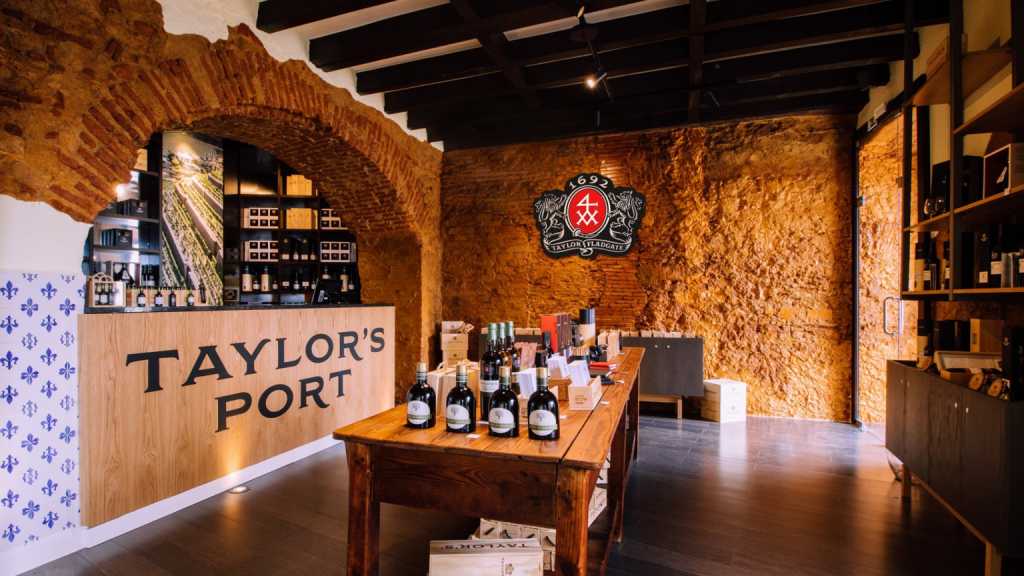
Taylor's Port wine cellars are one of the oldest in the city, founded in 1692 by Job Bearsley. In 1838, Joseph Taylor associated with John Alexander Fladgate and Morgan Yeatman creating Taylor, Fladgate & Yeatman.…
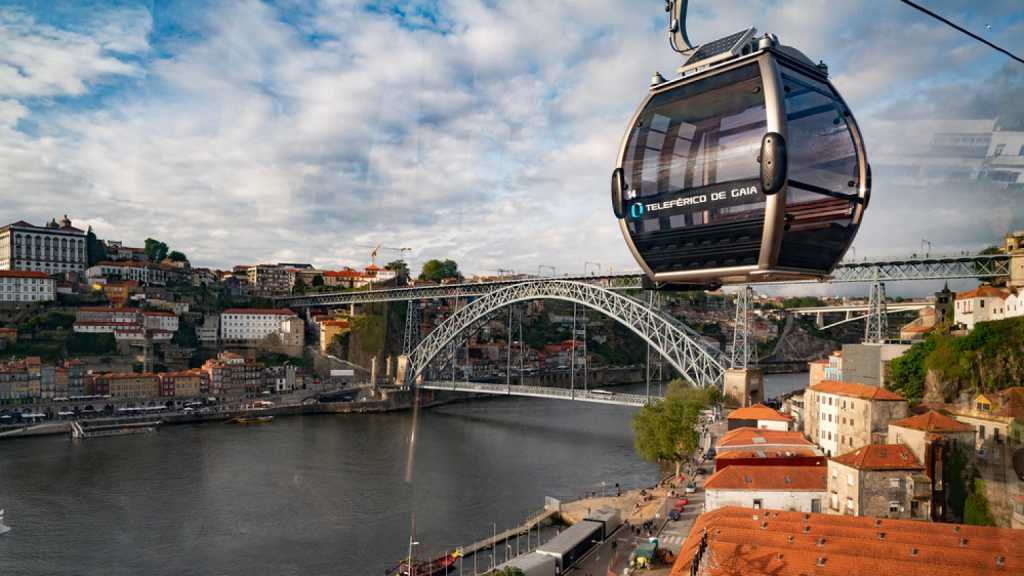
The cable car of Vila Nova de Gaia, inaugurated in 2011, connects the Cais de Gaia and the riverside area to the Jardim do Morro, also positioning as a means of connection to the Metro Station and as a means of visiting the Monastery of Serra do…
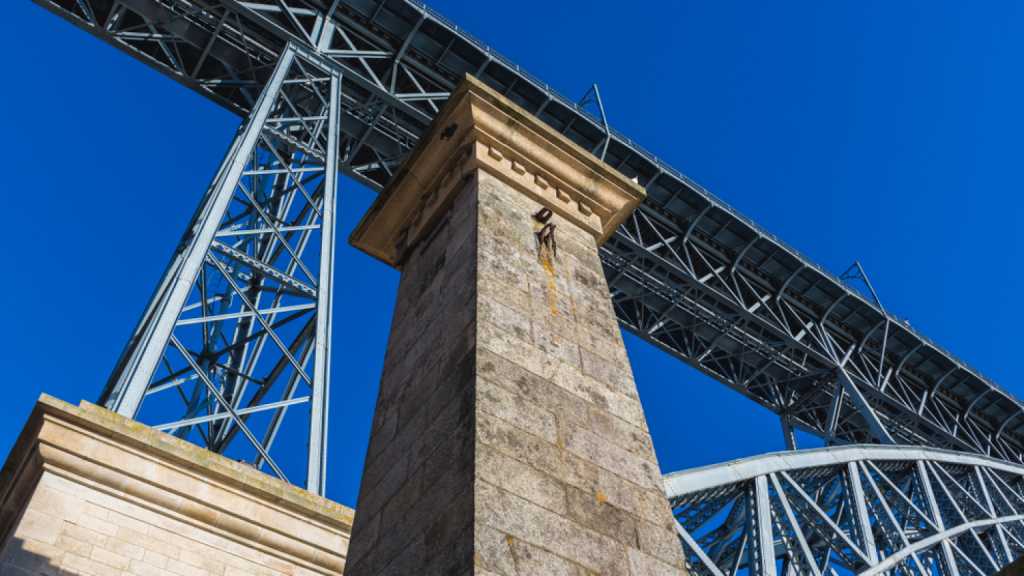
The Suspension Bridge, also called D. Maria II Bridge, in honor of the then Queen of Portugal D. Maria II, was a suspension bridge that linked the banks of Porto and Vila Nova de Gaia and came to replace Ponte das Barcas. …
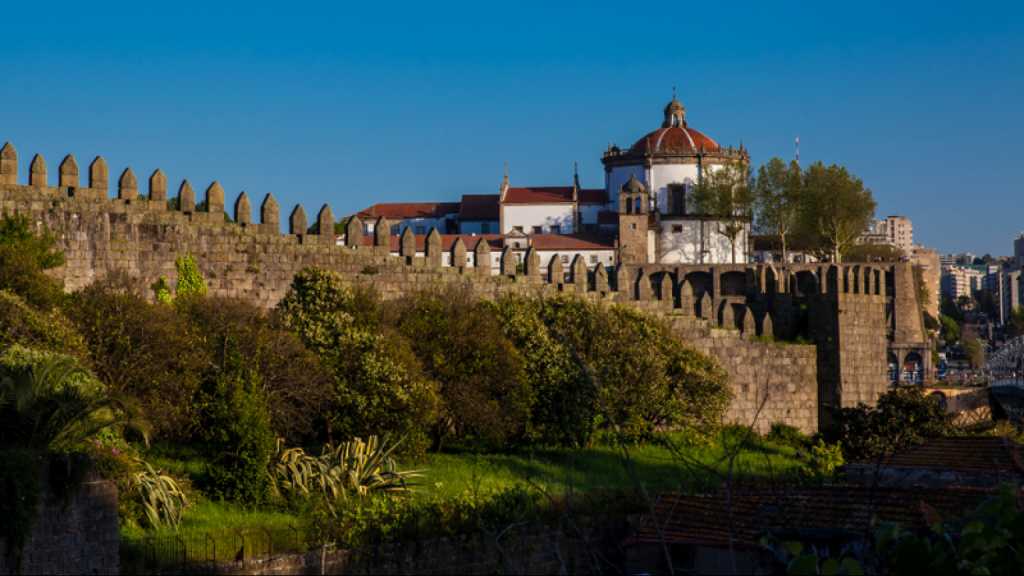
The Muralha Fernandina rebuilt between 1368 and 1437 by D. Fernando, replaced the old one that was too small in view of the development of the city of Oporto. It is then the Gothic fortification of the old city, which would have a wall cloth with…
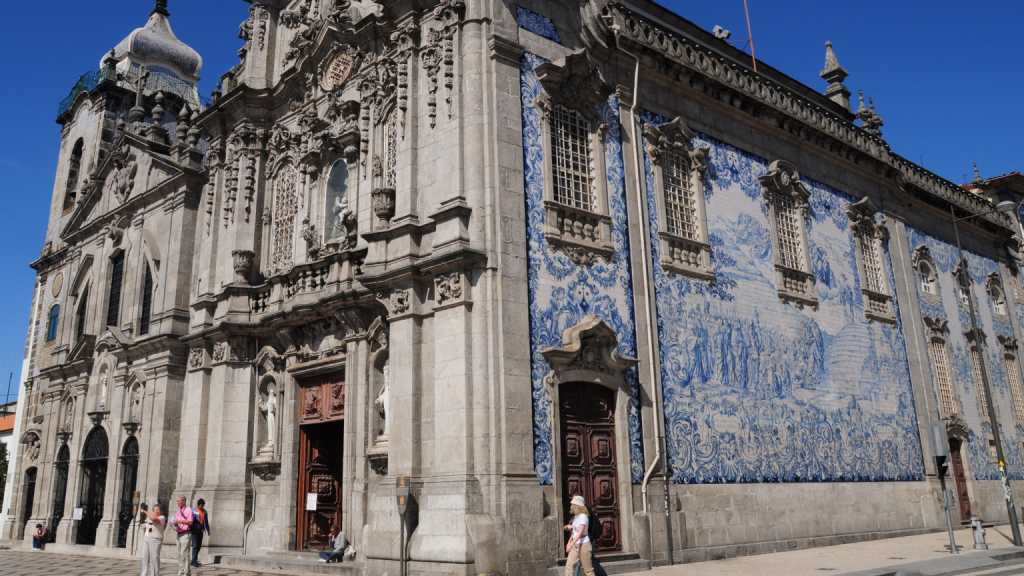
The Igreja do Carmo, or Igreja da Venerável Ordem Terceira de Nossa Senhora do Carmo, dates from the 17th century and was built to house the barefoot brothers of the Ordem Terceira do Carmo. Lay Carmelites. Its interior is filled with portuguese…
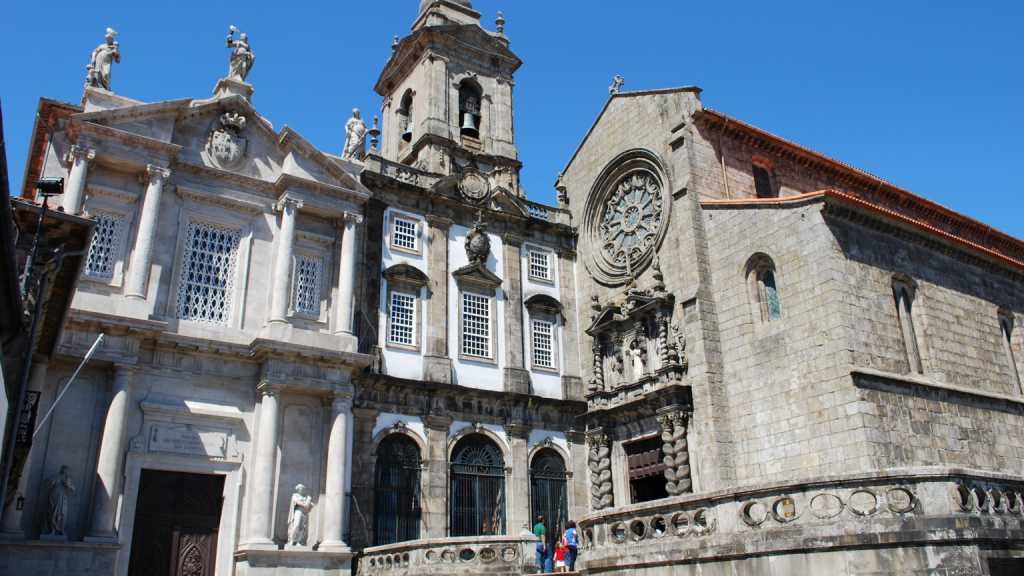
The Igreja de S. Francisco was built in the 14th century, in the place where there was a humble temple that belonged to the order of the Franciscans who had settled in the city of Oporto in 1223. The present one is of gothic-mendicant root (that is,…
It was at the end of the 15th century that King D. Manuel decided to build a church to the confraternity of the Holy House of Mercy in Oporto, which had already been instituted in Lisbon. This first one would have traits of Late Gothic and…
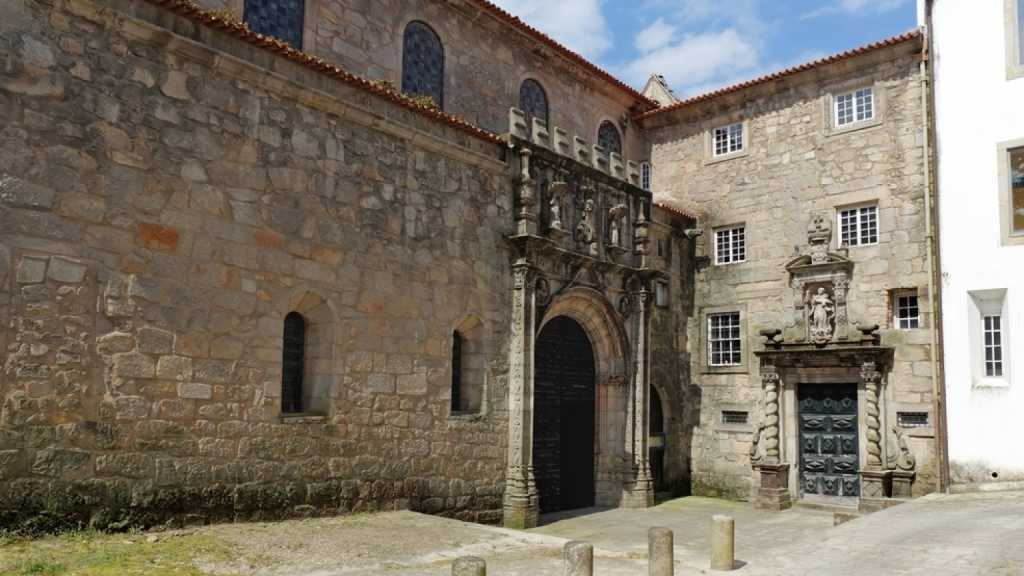
The Santa Clara Church is located in the parish of Sé and was built right next to the most visible part of the Fernandina Walls, and was completed in 1457.…
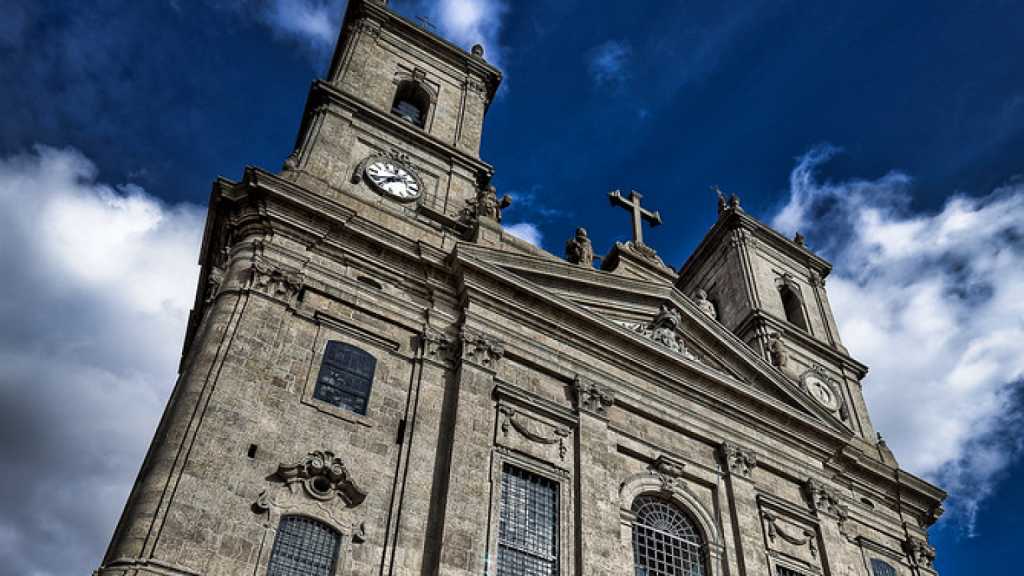
In the middle of the 18th century the founder of the religious order of Nossa Senhora da Lapa lands in Portugal coming from Brazil, the priest Ângelo Sequeira. The first chapel of this order was built before the vatican's approval for the brethren's…
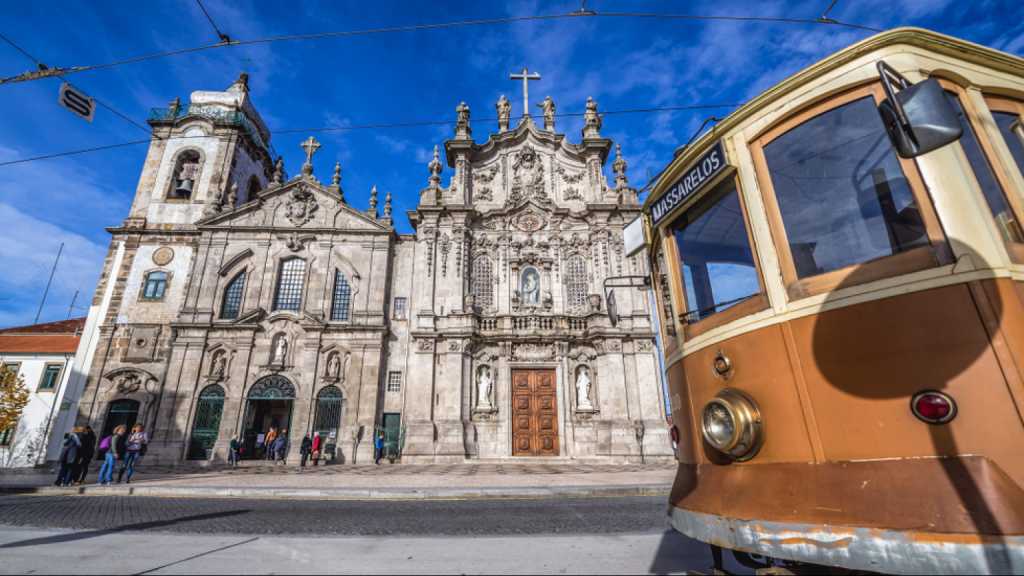
The Igreja dos Carmelitas ou Igreja dos Carmelitas Descalços dates from the 17th century, when Dom Filipe II of Portugal awarded the construction of the convent of the Barefoot Carmelites in the former Olival field.…
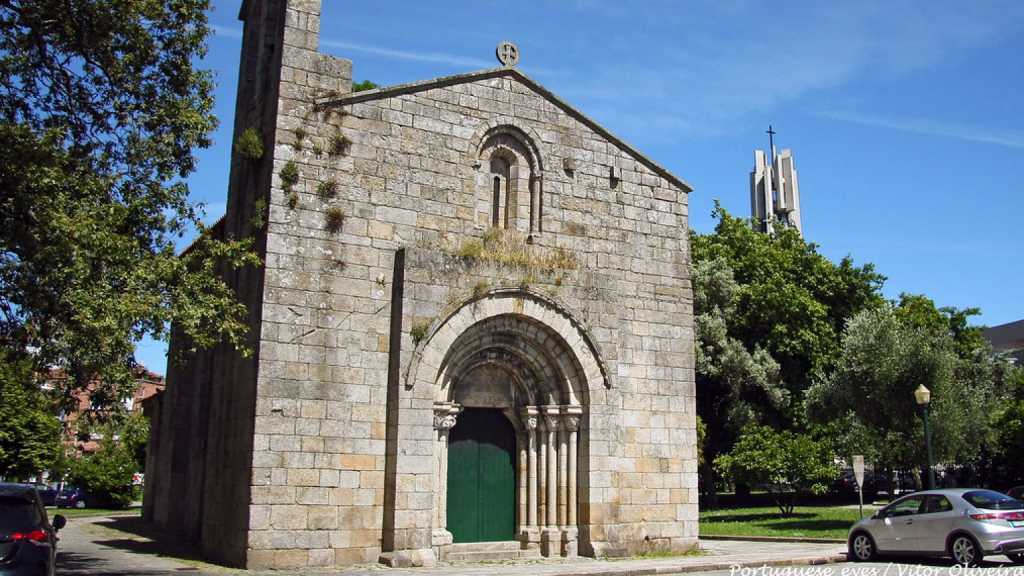
Officially called the Igreja de São Martinho de Cedofeita, this is probably one of the oldest Catholic spaces in the city of Oporto. The church of Cedofeita was born of a vow made by an ancient king of Galiza to Saint Martin so the latter could save…
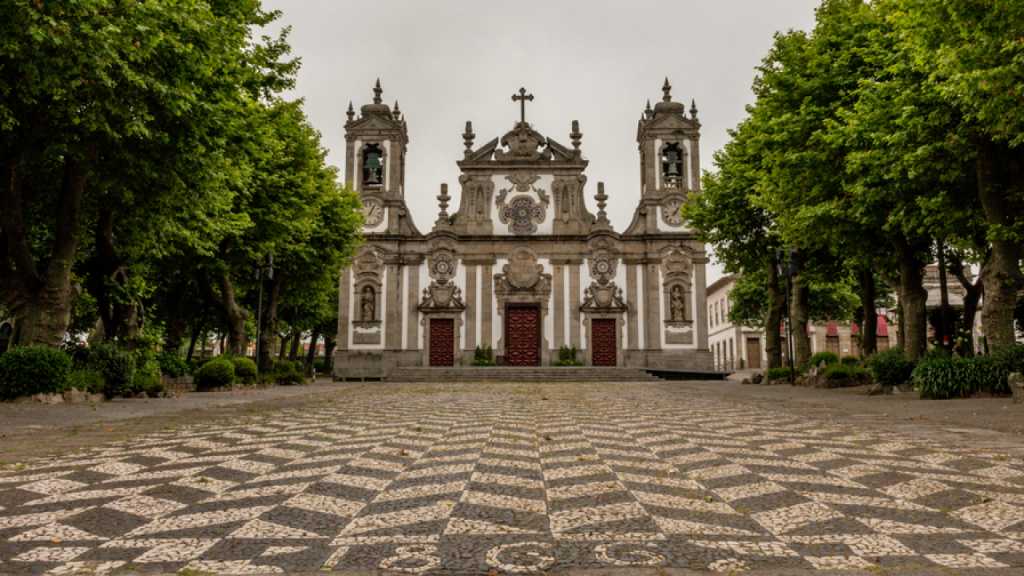
The Bom Jesus de Matosinhos Church is one of the main and oldest destinations for pilgrimage in Portugal, the Festas do Senhor de Matosinhos.…
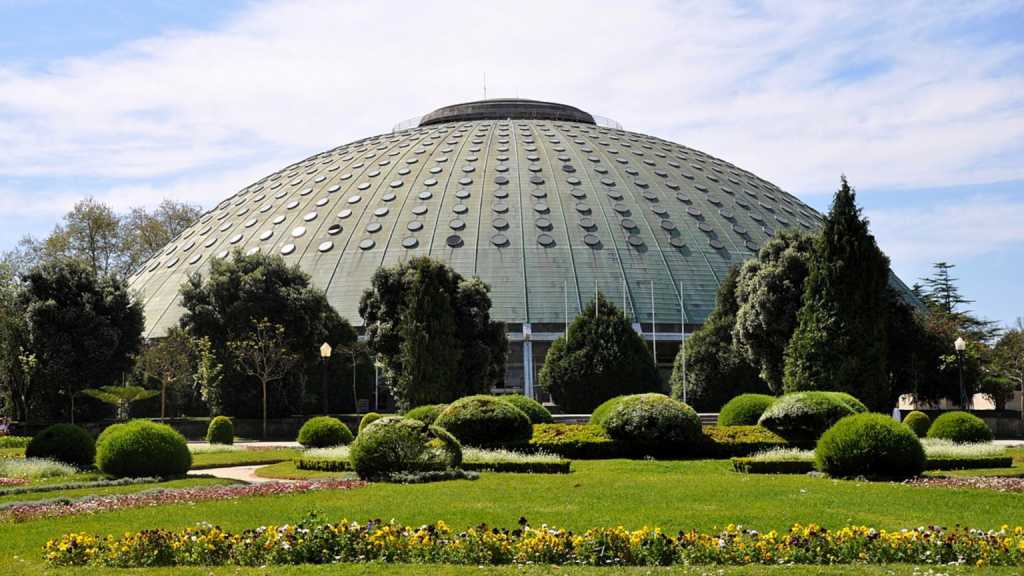
The Rosa Mota Pavilion is a building that today has nothing to do with the previous one. The initial building inaugurated by King D. Pedro V in 1861 was inspired by the Crystal Palace London and was named Crystal Palace due to the glass used on its…
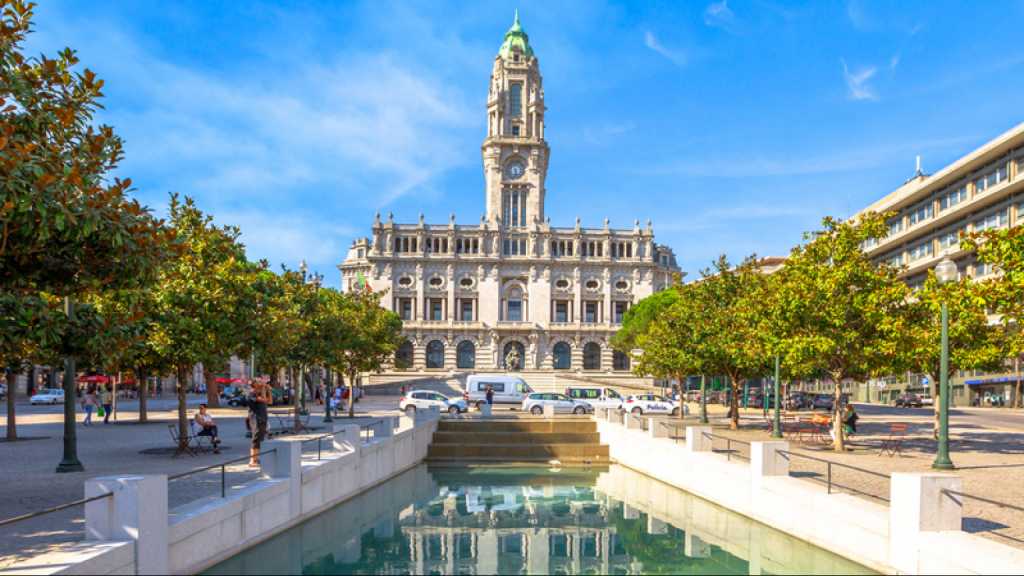
It was the beginning of the 20th century when decision was made to build a new avenue in town that would be called Aliados (allies). A new town hall was projected to stand at its end, on the top as a crown. …
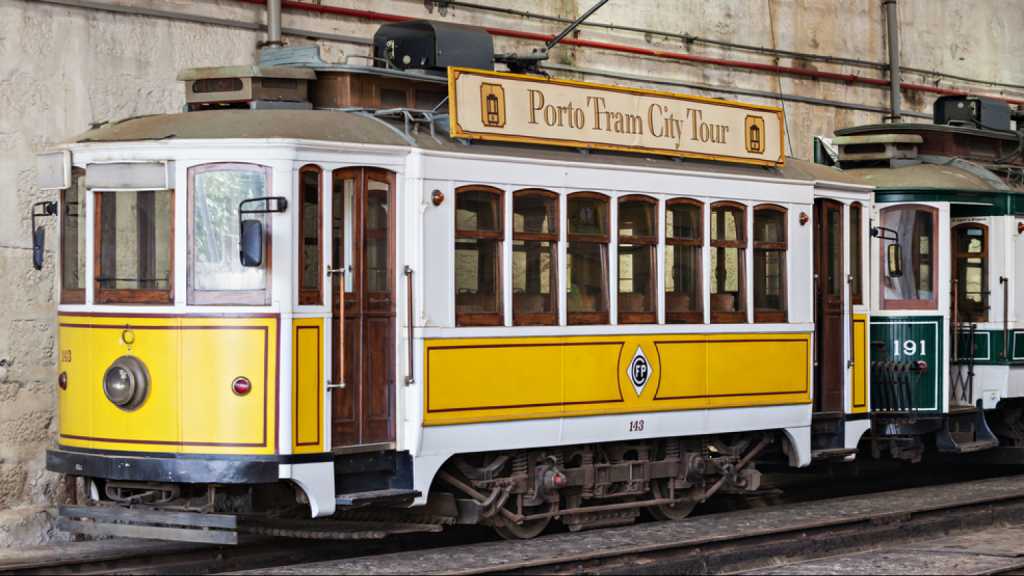
Inaugurated in 1992, the Carro Eléctrico Museum is housed in the former Termoeléctrica de Massarelos, a listed building of municipal interest.…
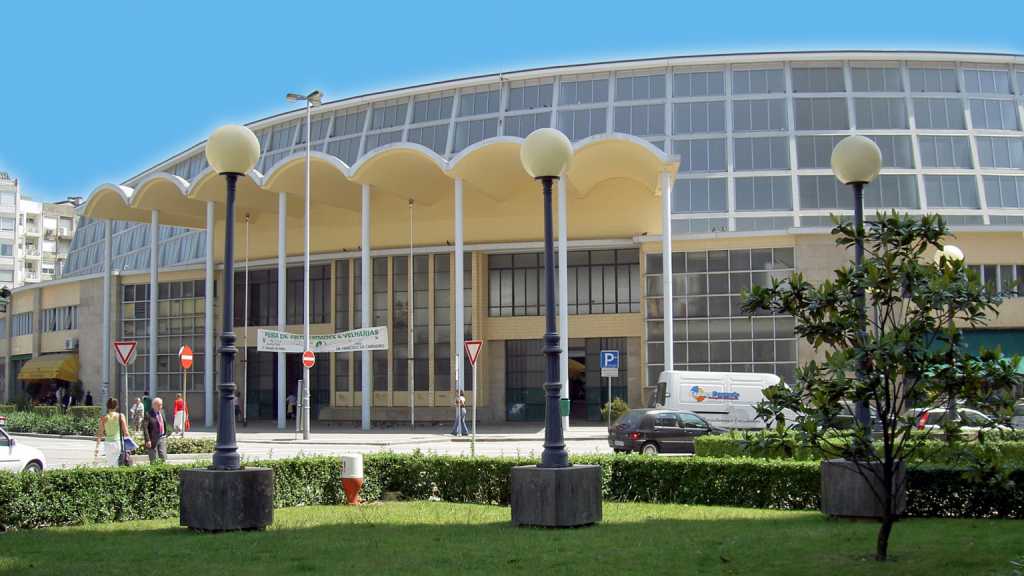
Together with the Bolhão Market, the Bom Sucesso Market is one of the main municipal markets for fresh produce in Oporto.…
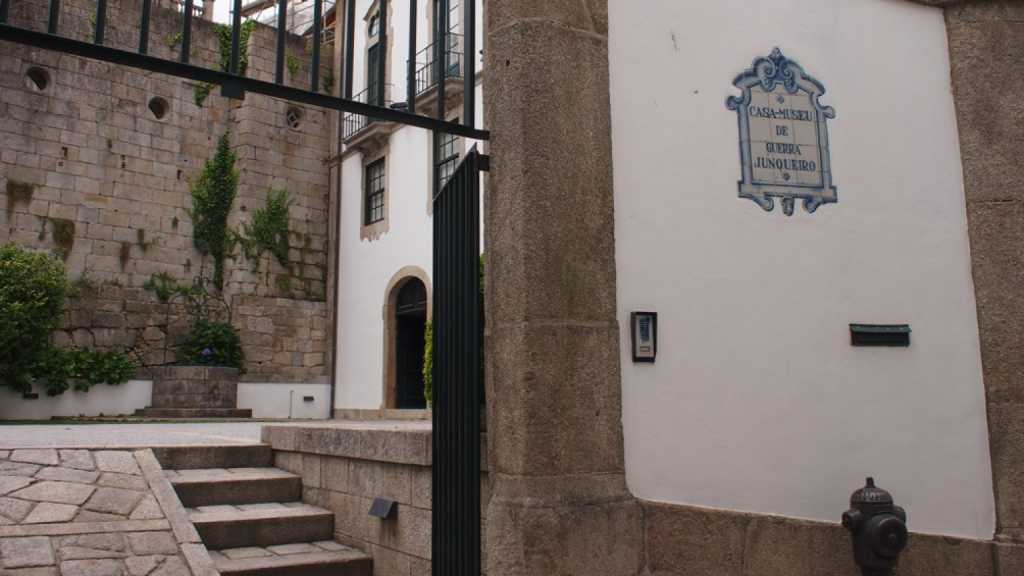
The Nicolau Nasoni's mansion that hides in the street of D. Hugo, behind the Sé, dates from the mid-eighteenth century, which places him in the same decade of the project for the episcopal palace of the same architect, unfortunately never completed.…
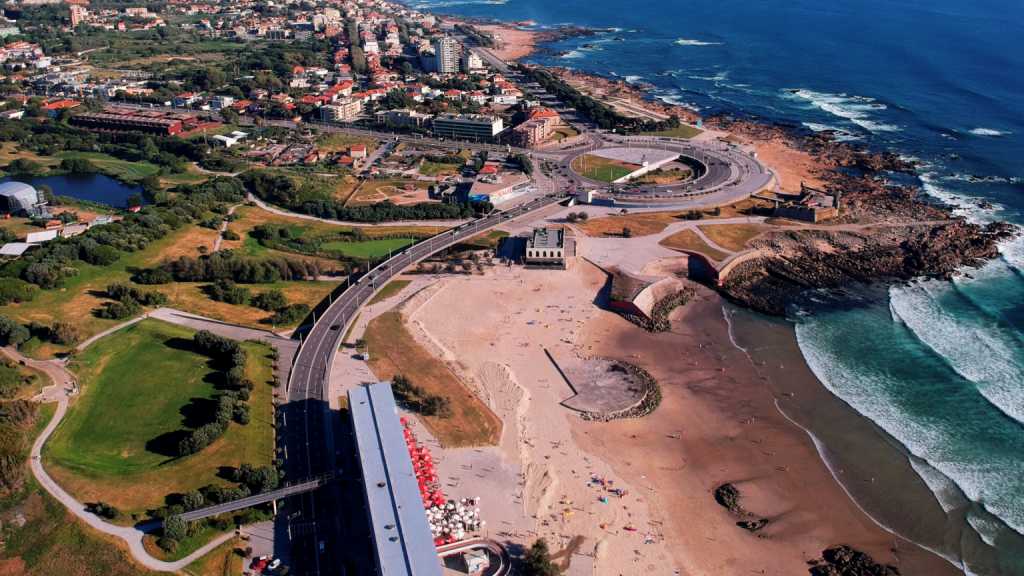
The Oporto City Park was inaugurated in 1993 and designed by the landscape architect Sidónio Pardal. At the moment it is considered the largest urban park of the country, with 83 hectares and about 10km of paths, having the particularity of the…
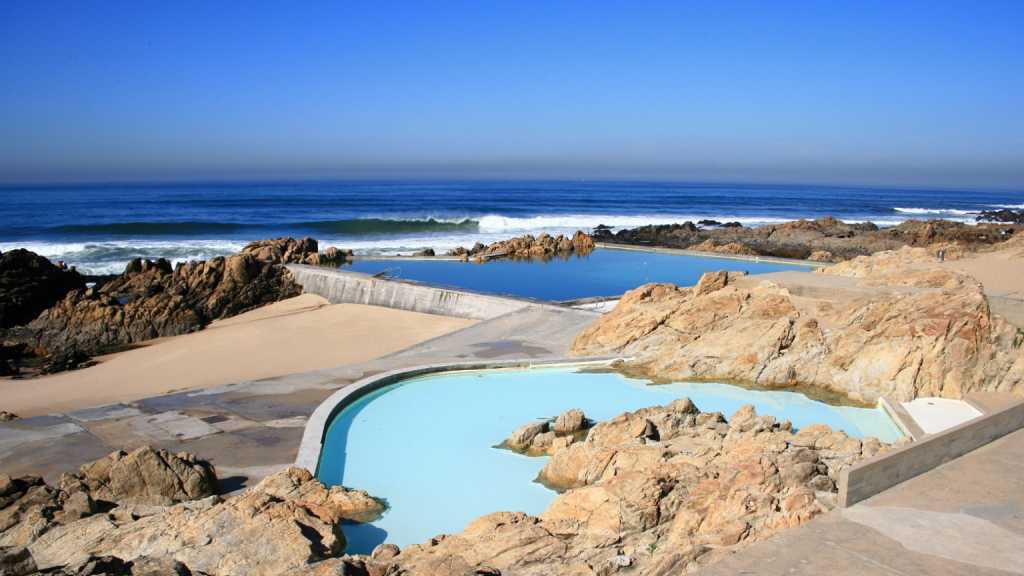
Located on Leça Beach, the Swimming Pool is a set of salt water pools, fed by sea water.…
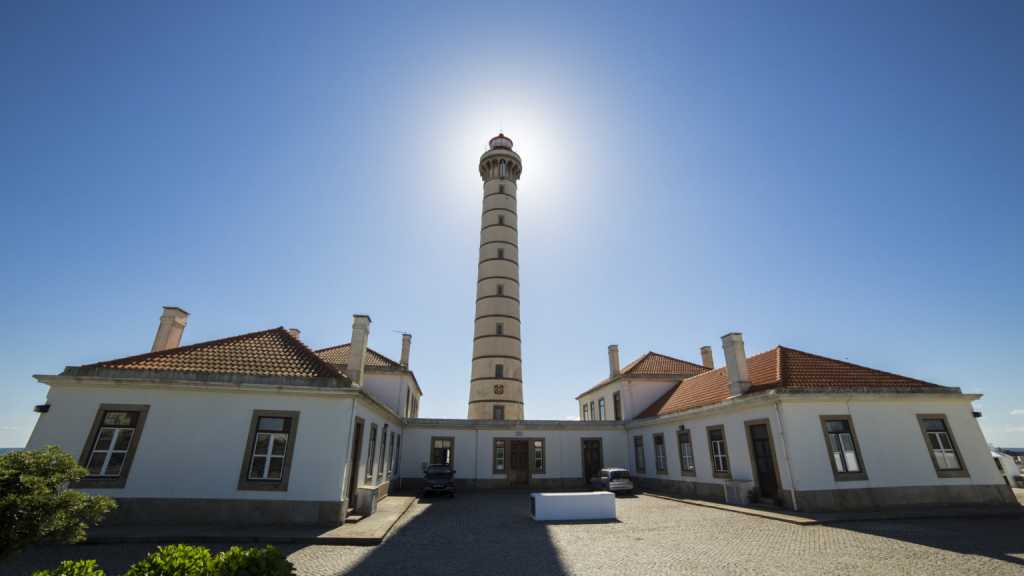
The Lighthouse of Leça da Palmeira, or Lighthouse da Boa-Nova as it is also known, was built in 1927 to replace the old Lighthouse of Nossa Senhora da Luz (1761) in Foz do Douro.…
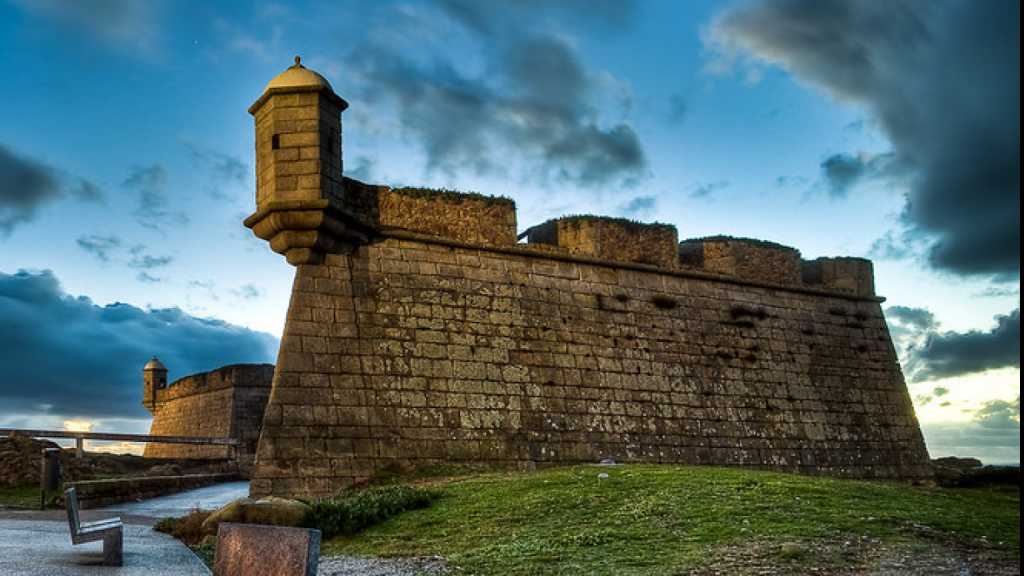
The Castelo do Queijo, also called Fort of S. Francisco Xavier, owes its name to the fact that, according to tradition, it was built on top of a rounded granite rock with a similar shape to that of a cheese.…
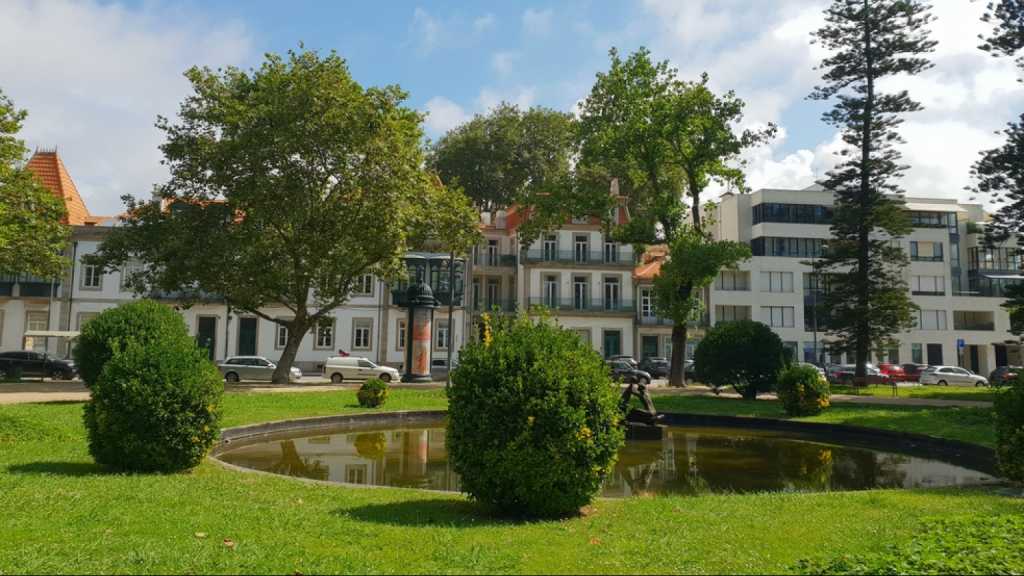
The Passeio Alegre Garden is located at the mouth of the Douro River, and was built at the end of the 19th century, also with the collaboration of Emile David (the same one who designed the gardens of the Crystal Palace).…
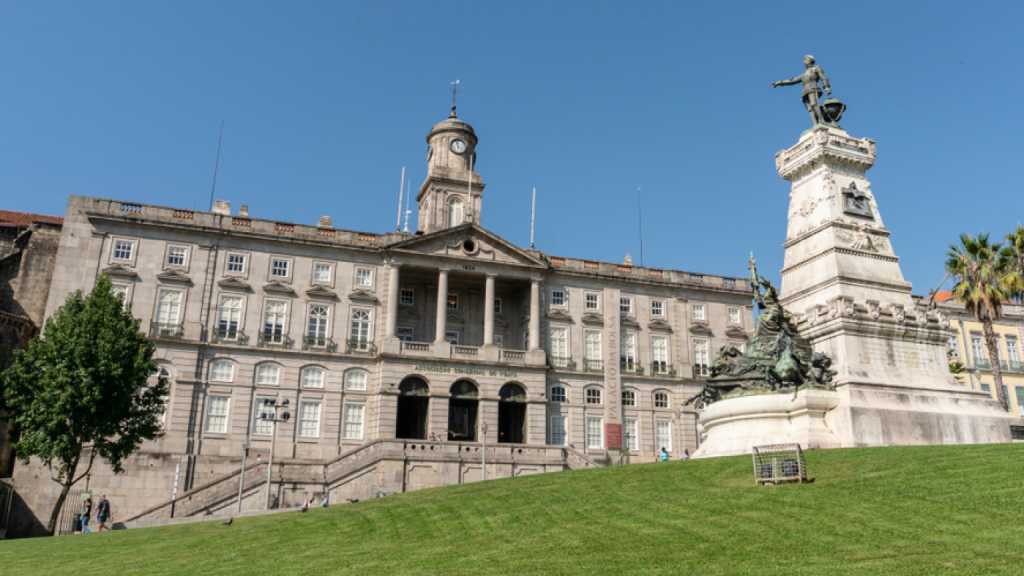
After the destruction of part of the monastery of San Francisco by the charge of absolutist cannons, the traders of the Oporto sought to create a commercial square in the ruins of the monastery in 1834. A few years later the merchants of Oporto…
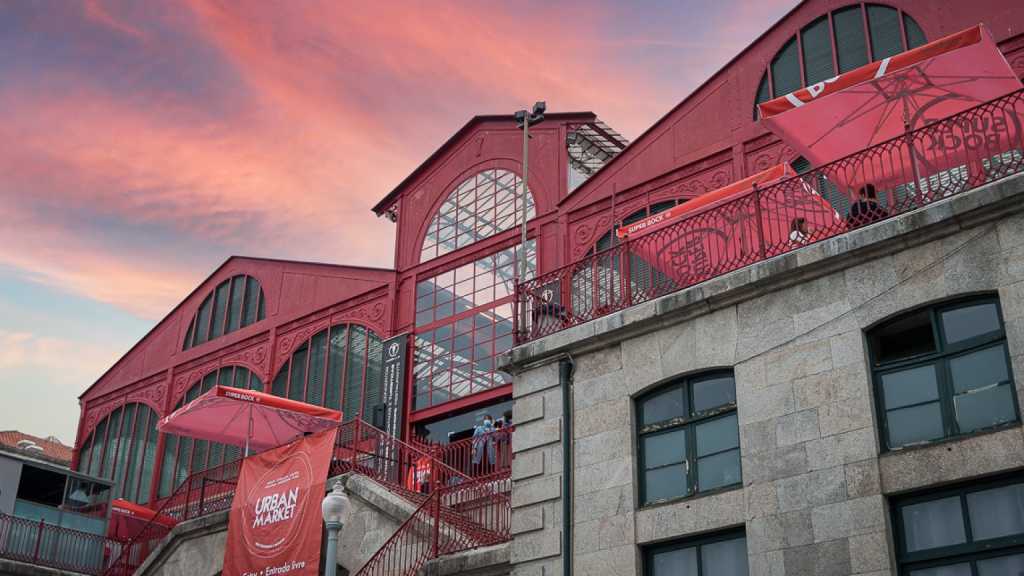
The glass and iron building from the industrial age dates from 1885 and, as the Bolhão market, aimed to move the riverside's old market place's great confusion from it. However, the market never did fulfill its purpose, such was the merchant’s…
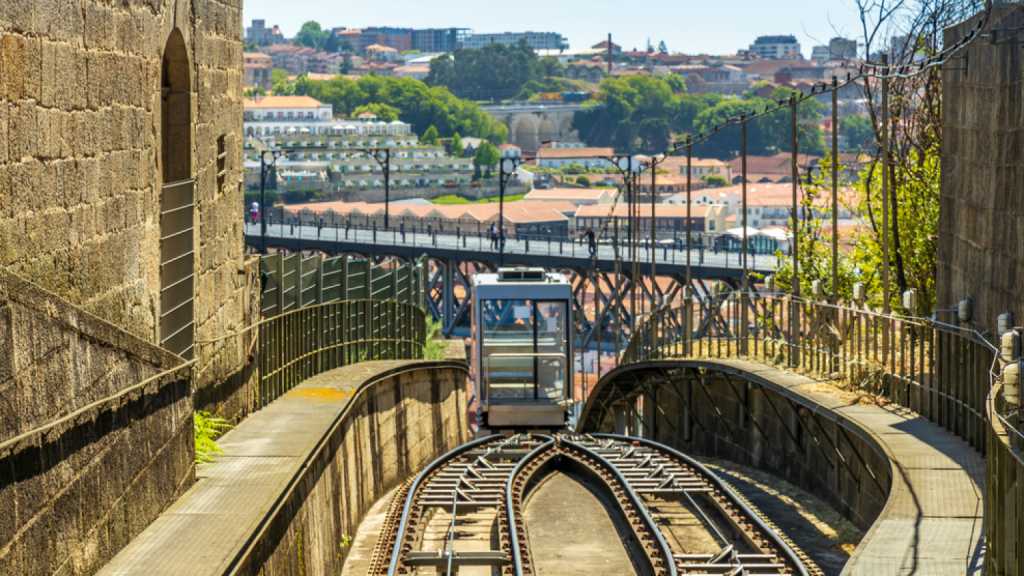
The Elevator, or Funicular dos Guindais was originally inaugurated in 1891 built by engineer Raul Mesnier to connect the area of the river to Batalha. After two years, a serious accident put an end to its activity, despite the engineer's efforts to…
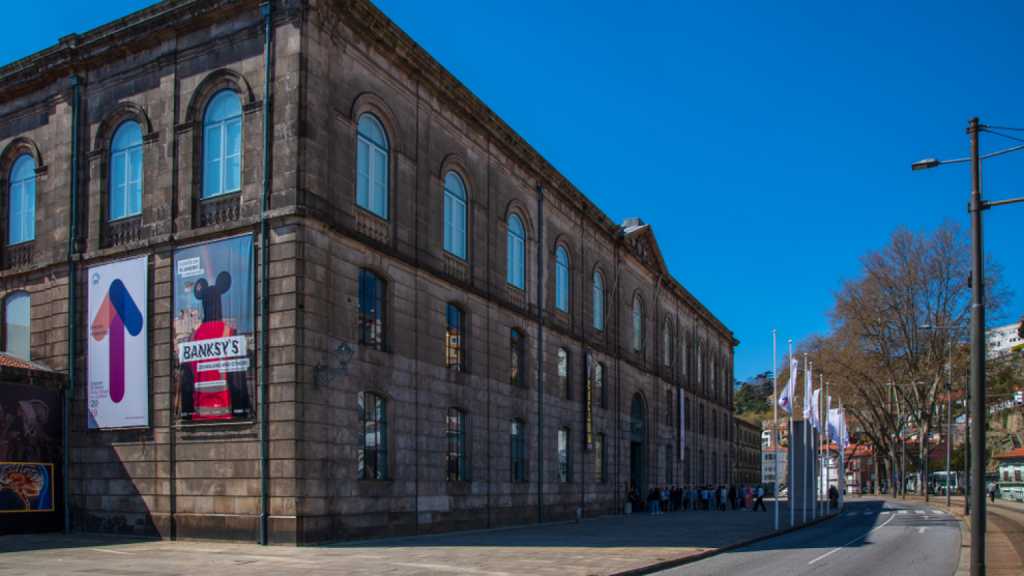
The north bank of the Douro is marked by the presence of the large rustic-style building of Alfândega, built during the 19th century. The typology of the building is neoclassical presenting a feature very similar to the Santo António Hospital.…
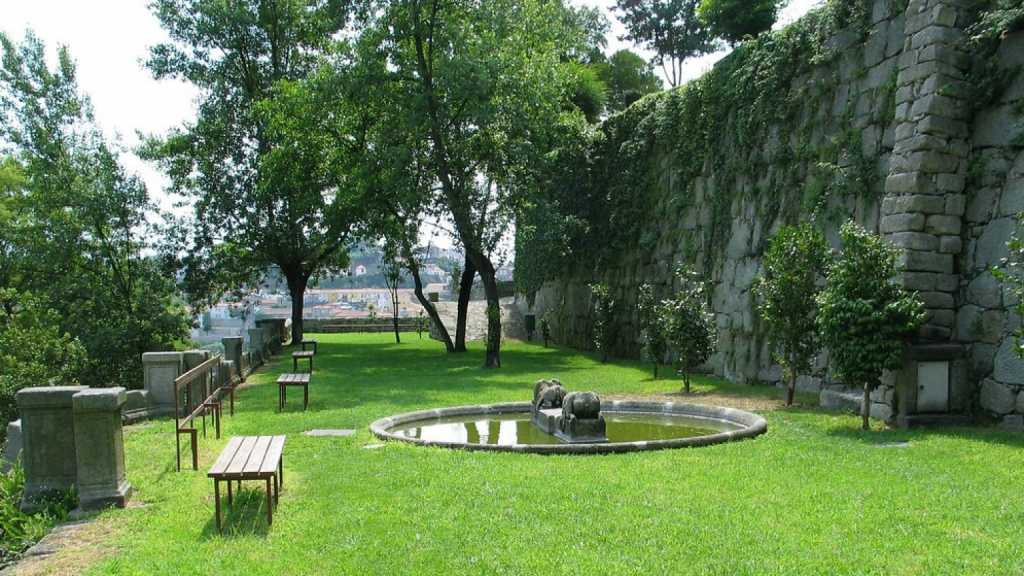
The "Virtues Garden" grows on one of the slopes of Oporto creating a vertical green space with one of the most beautiful views of the city. It was drawn during the 19th century and owes its name to the water source in its foothills, which was…
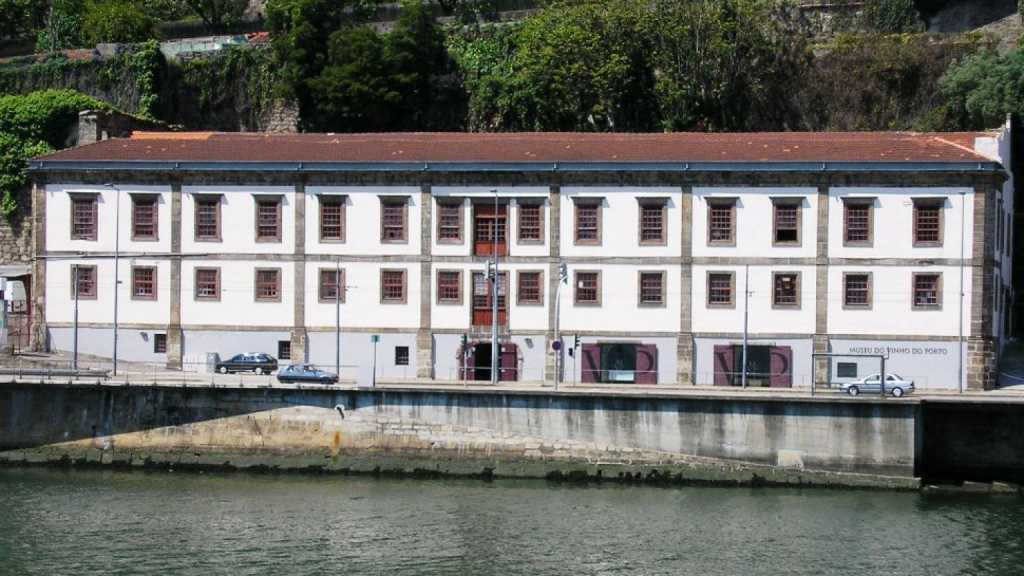
The Port Wine Museum, inaugurated in 2004, is housed in an 18th-century building, built by the Douro family Pinto da Cunha Saavedra for wine storage.…
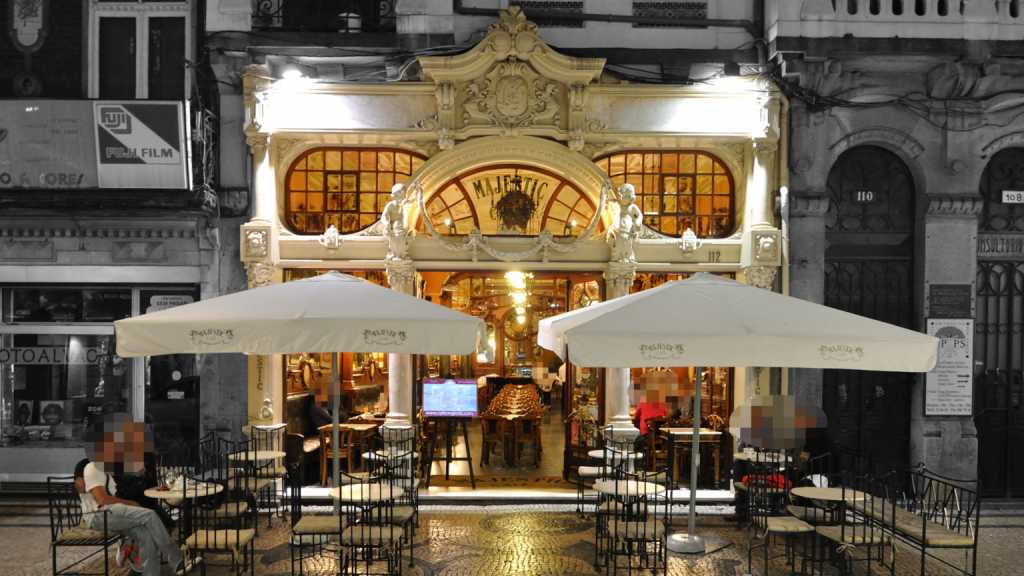
Located on Rua de Santa Catarina, Café Majestic is already considered a historic café, which tells the story of Porto in the twenties, the political tertúlias and the debate of ideas, the Port of Bélle Époque, writers and artists.…
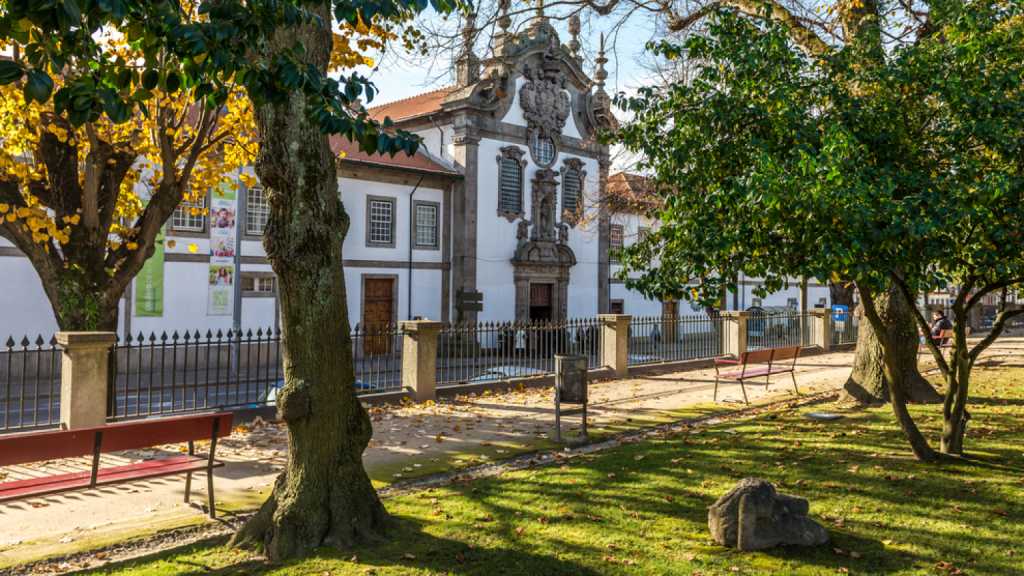
Opened at the end of the Liberal Wars in 1834, the São Lázaro Garden is the first municipal garden in the city of Porto.…
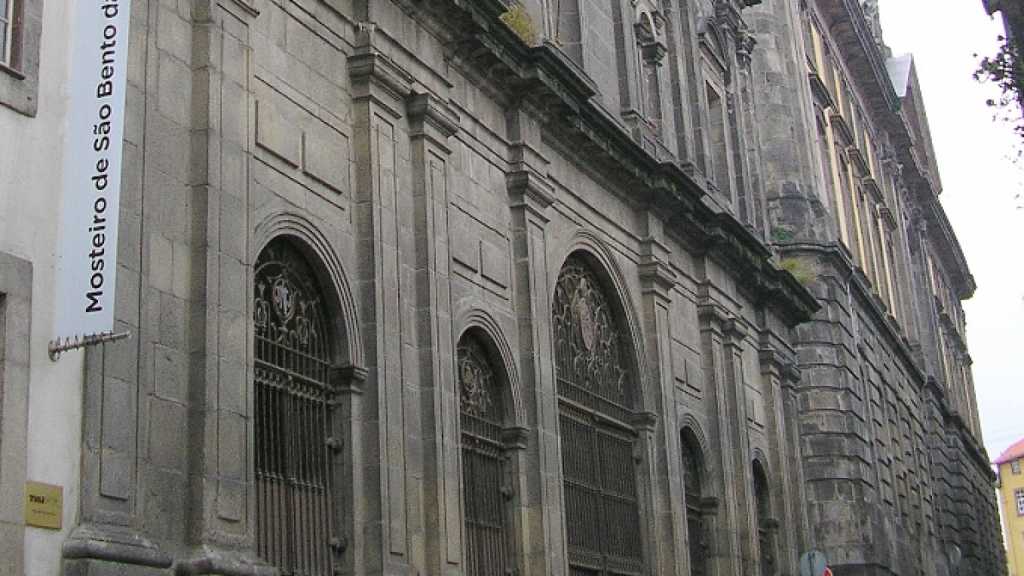
Classified as National Monument since 1977, the São Bento da Vitória Monastery began its construction at the end of the 16th century and is currently one of the most important religious buildings in the city of Oporto. …
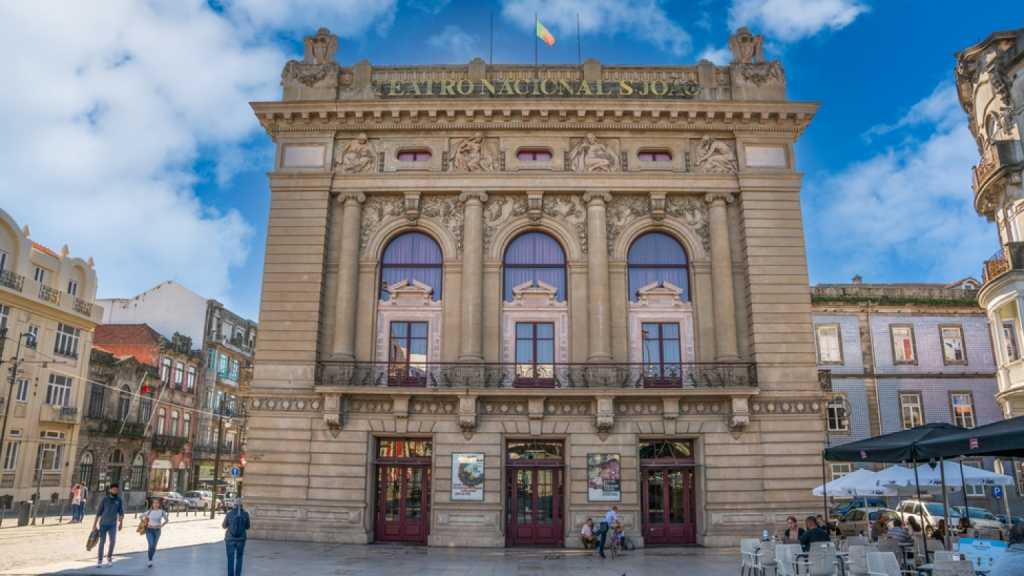
At the bottom of Santa Catarina Street, already in Praça da Batalha, you can see the great building of the São João National Theatre, with its Ionic columns and allusions to the classical representation.…
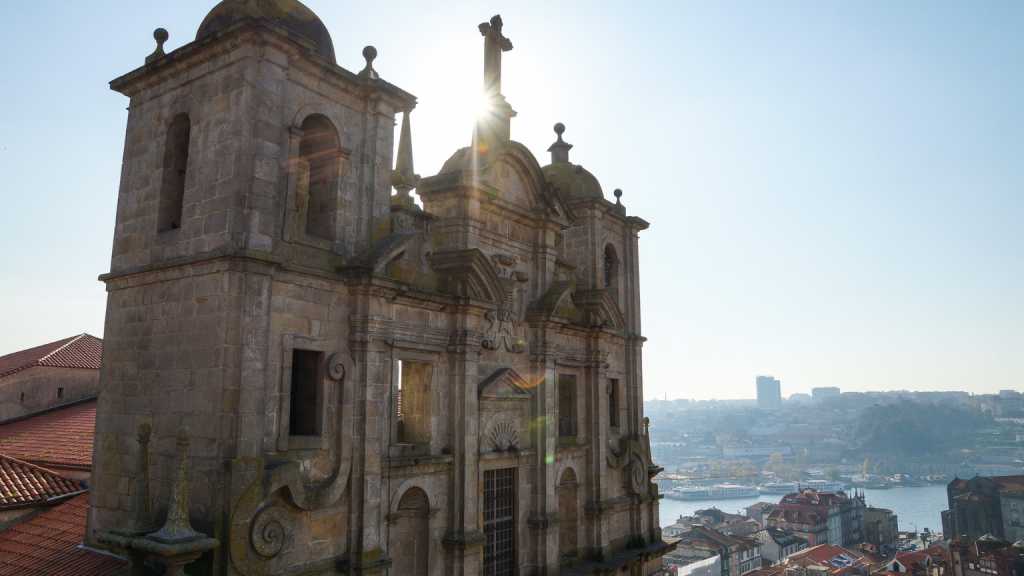
The Church and College of São Lourenço, popularly known as Grilo’s Church, began to be built in 1577 by the Jesuits, in a Baroque-Jesuitic Mannerist style. For its construction were decisive the donations of the faithful, as well as of Frei Luís…
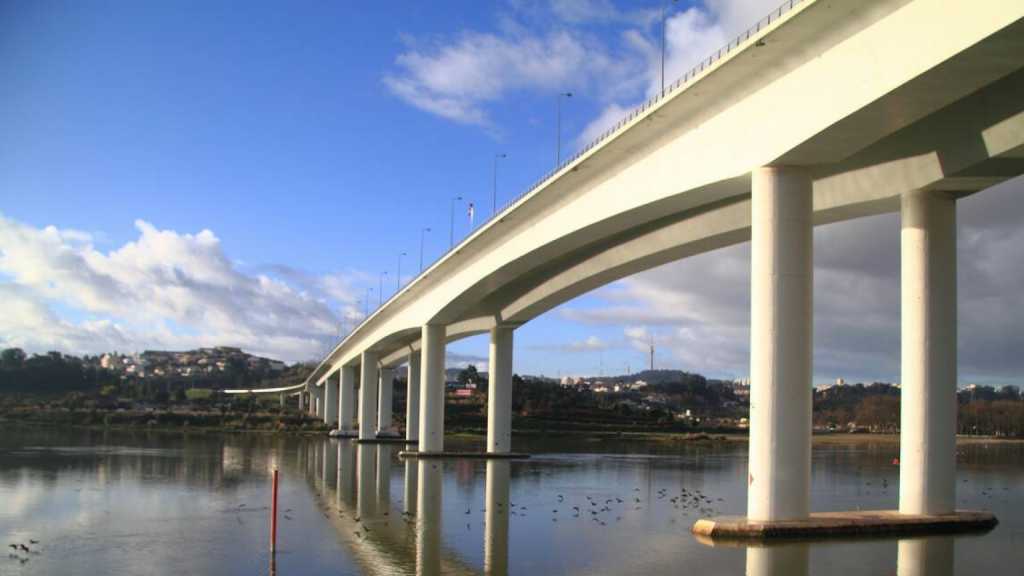
The Freixo Bridge is the bridge located more upstream of the Douro River, at the end of the city, and is authored by Professor António Reis and Engineer Daniel de Sousa.…
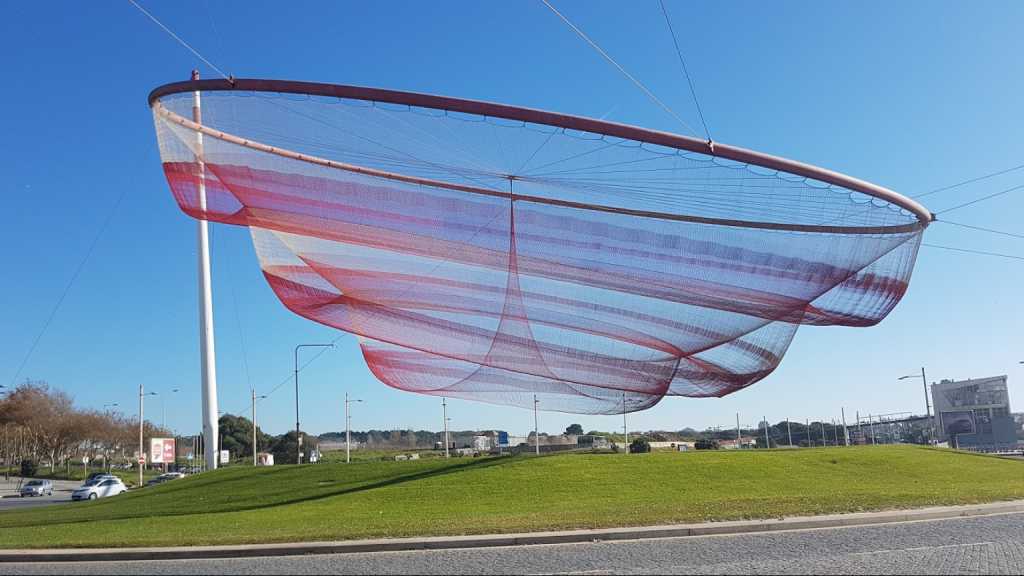
She Changes, or Anémona, as it is popularly known, is a sculpture of the American Janet Echelman, located near the sea in the roundabout of the Praça Cidade S. Salvador, in Matosinhos.…
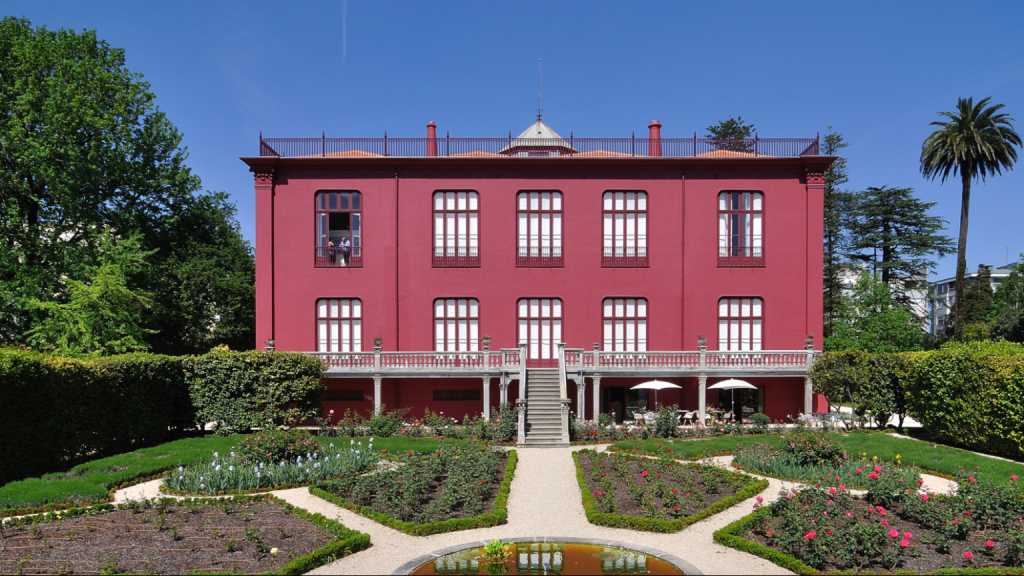
The Oporto Botanical Garden is located in the old Quinta do Campo Alegre and was installed in this place in 1951 by the Oporto University.…
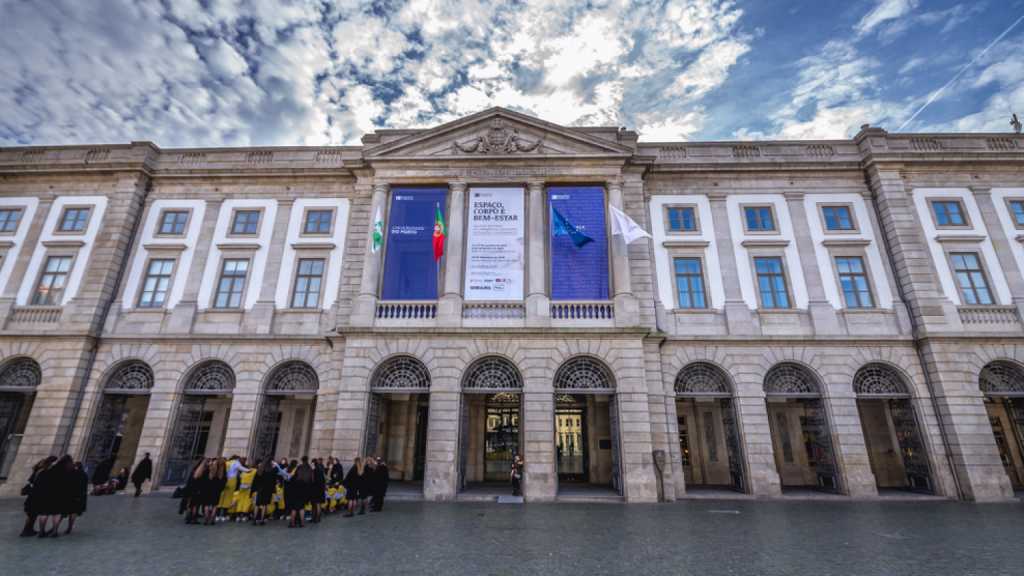
The University of Porto history goes back to the 17th century with the creation of the orphans' college in the field of Olival, now the Jardim da Cordoaria. With the death of its first rector, the administration passes to the senate of the city.…
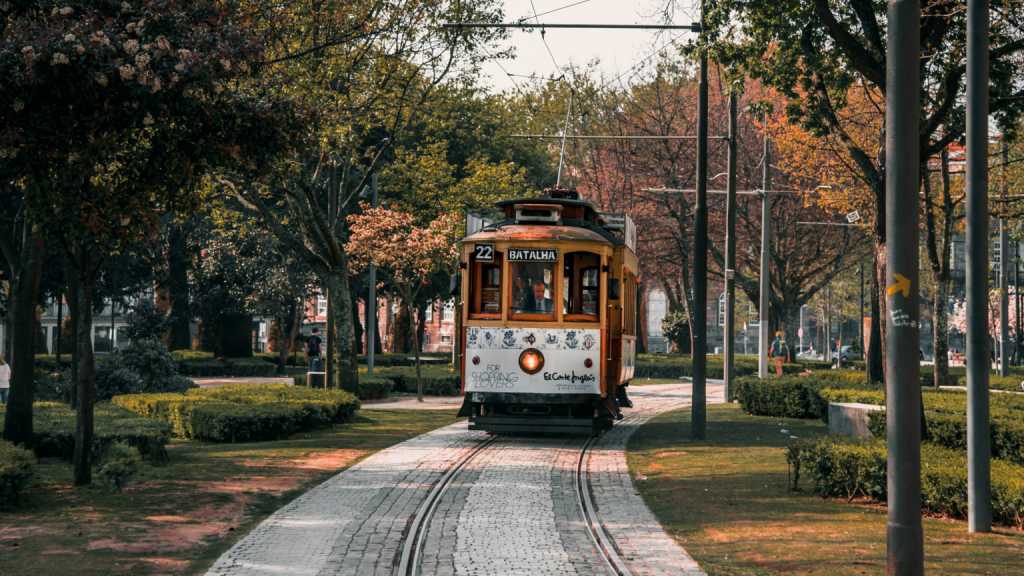
Popularly known as Cordoaria Garden, its original name is João Chagas Garden, due to the string industry that was founded there in the 15th century and was for two centuries.…
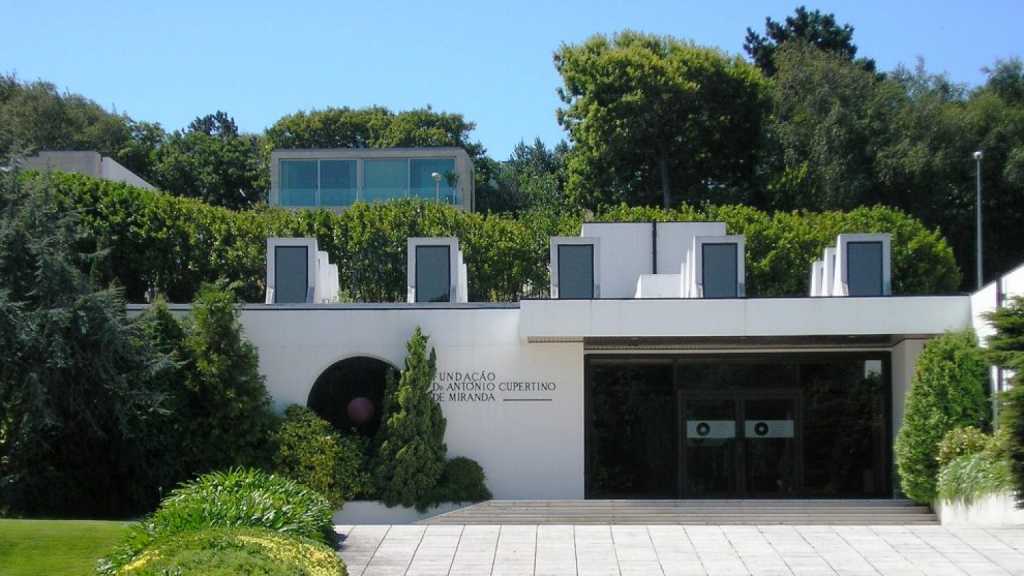
Located on Avenida da Boavista, the Dr. António Cupertino de Miranda Foundation houses the Paper and Coin Museum of Oporto. This Museum was inaugurated in 1996, grouping several collections.…
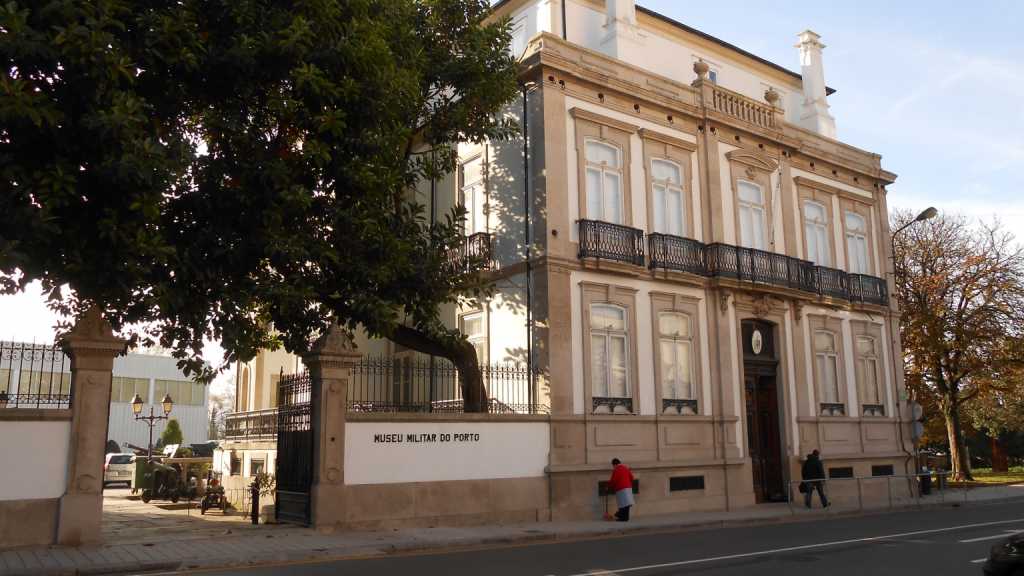
The Oporto Military Museum is currently an institution that aims to preserve military history. The Museum is now housed in an old 19th century dwelling house, which was once the headquarters of PIDE-DGS.…
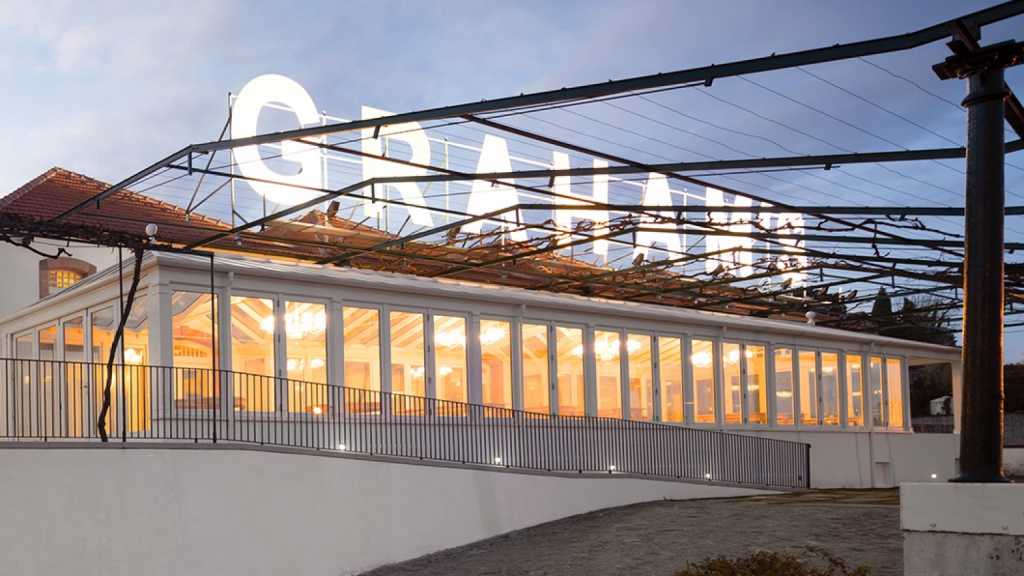
Graham's Port wine cellars date back to 1820 when brothers William and John Graham decided to dedicate themselves to producing Port wine. The Scottish brethren who already had a good commercial standing in the north of the country as textile…
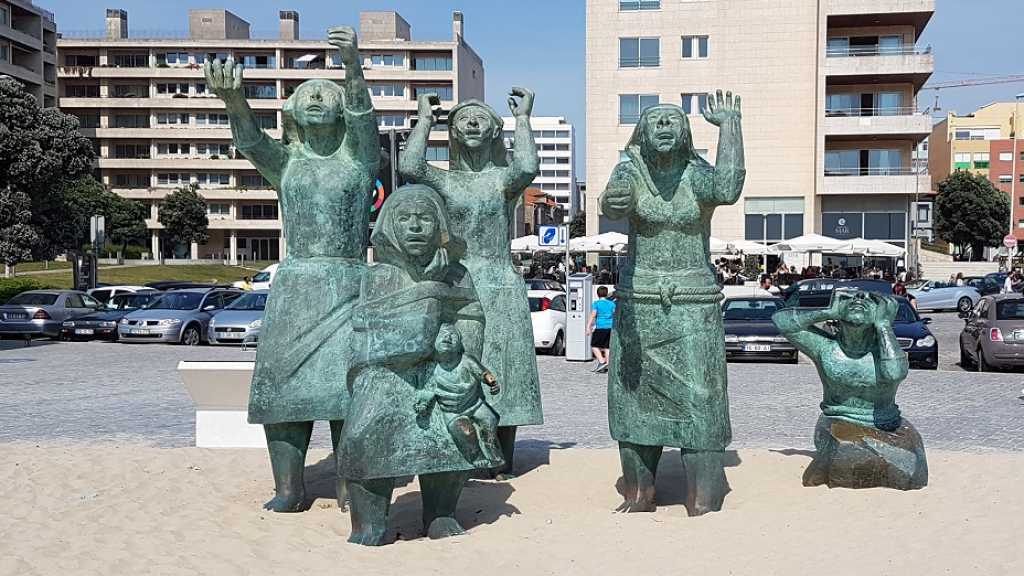
Inaugurated in 2005, this sculpture located in Matosinhos Beach, pays tribute to the families and victims of the wreck of four trawlers, which occurred in 1947, and killed 152 fishermen.…
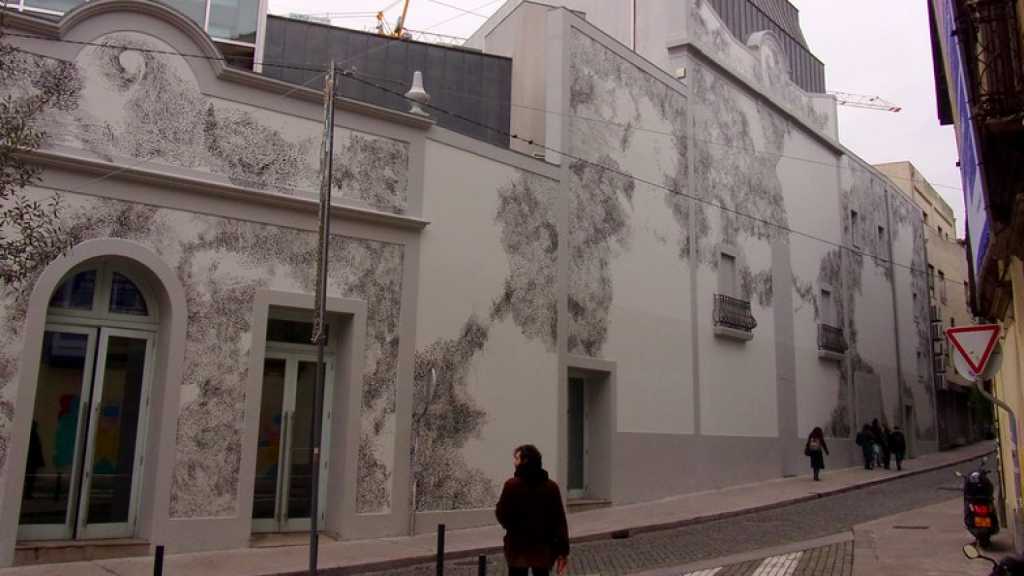
Hidden on the back of the Viscondes de Balsemão palace is the TeCA, or Carlos Alberto Theatre. The theatre, named after King Carlos Alberto da Sardenha, was inaugurated in 1897, being a space dedicated to the presentation of popular shows such as…
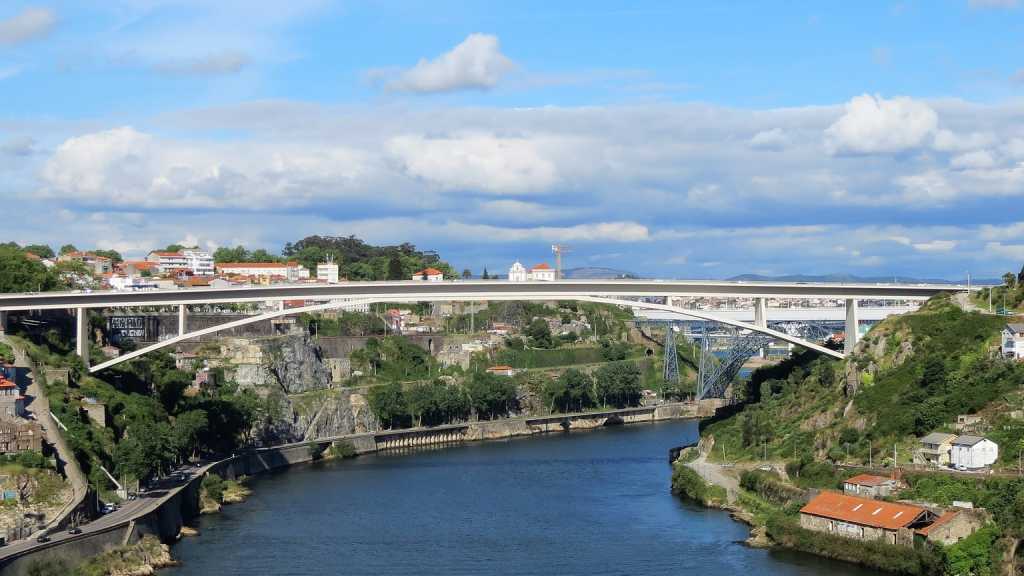
The Infante Dom Henrique bridge, also known as Infante Bridge, is a road bridge connecting the Fontainhas area, in Oporto, to the Serra do Pilar, in Vila Nova de Gaia.…
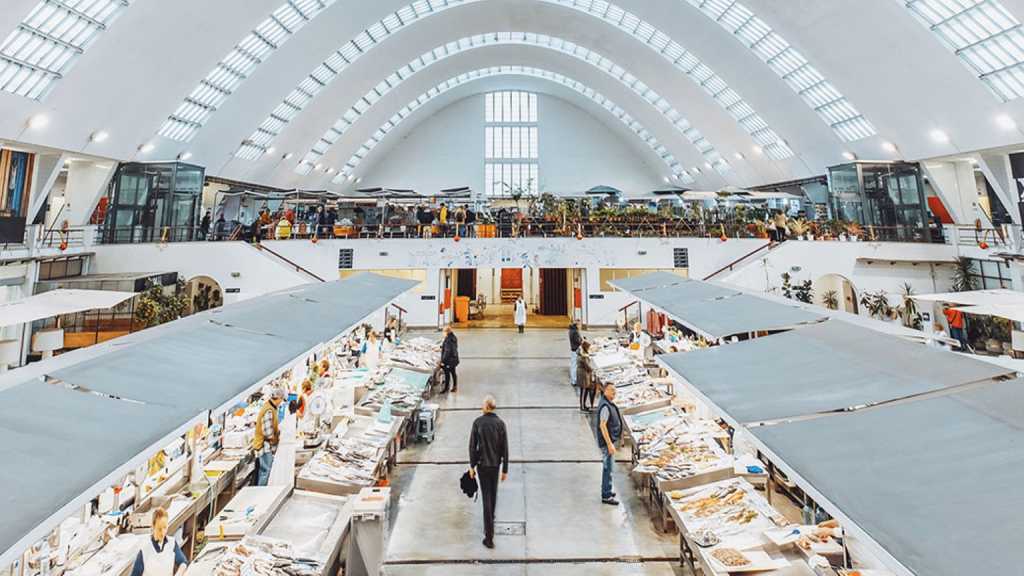
Located near the Port of Leixões, Matosinhos Market is an essential point of reference in the city, not only for residents but also for occasional visitors and, in particular, tourists. The image and symbolism of the market itself work as a…
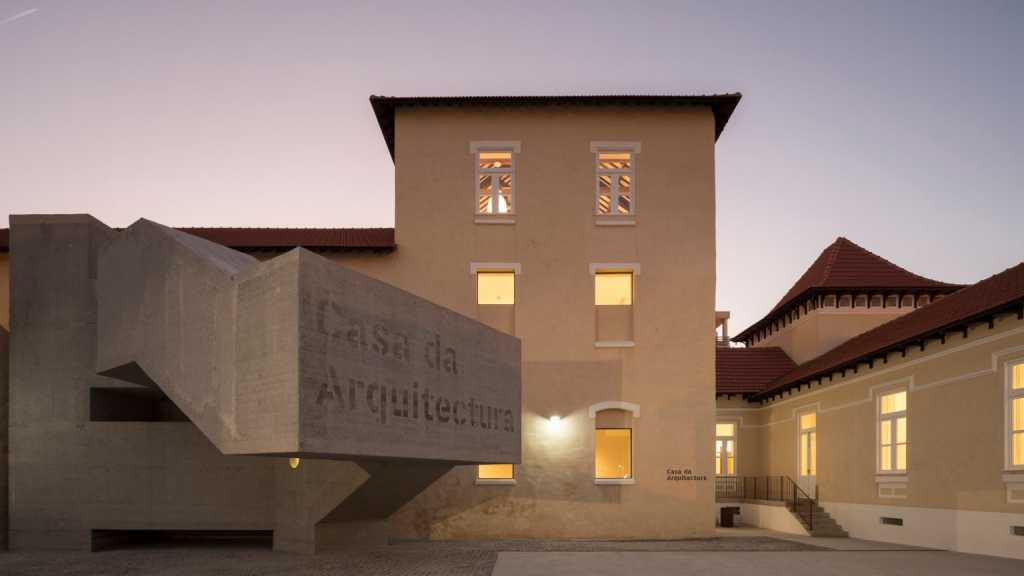
Located in Matosinhos, a city that invests in culture and social development, Casa da Arquitetura is the first international centre that especially values architecture, dedicating itself to its exhibition, archive, studies and art. It is crucial to…
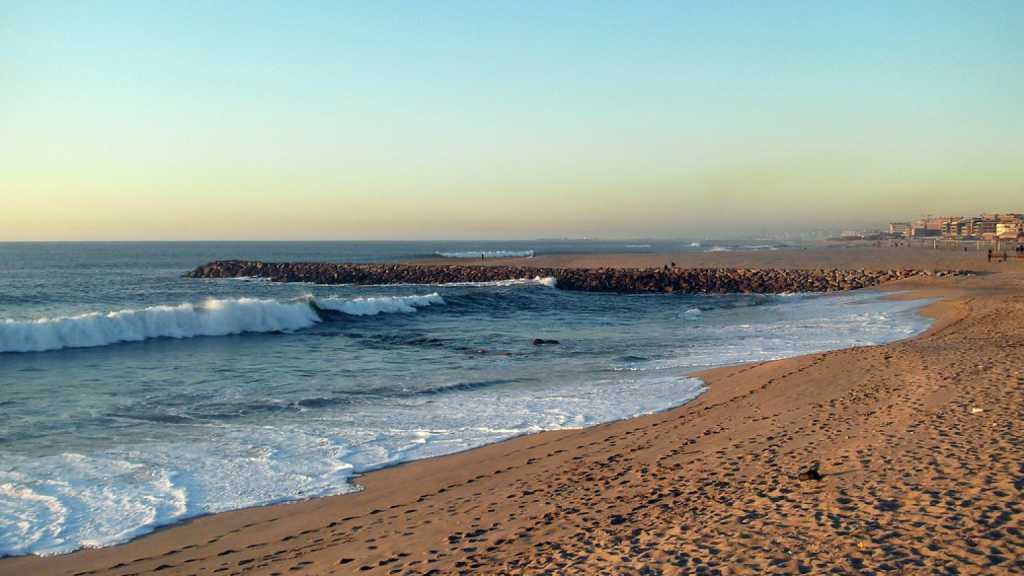
Located in the municipality of Vila Nova de Gaia, Praia da Madalena is bathed by the Atlantic and neighbours the Camping Orbitur Madalena Park. …
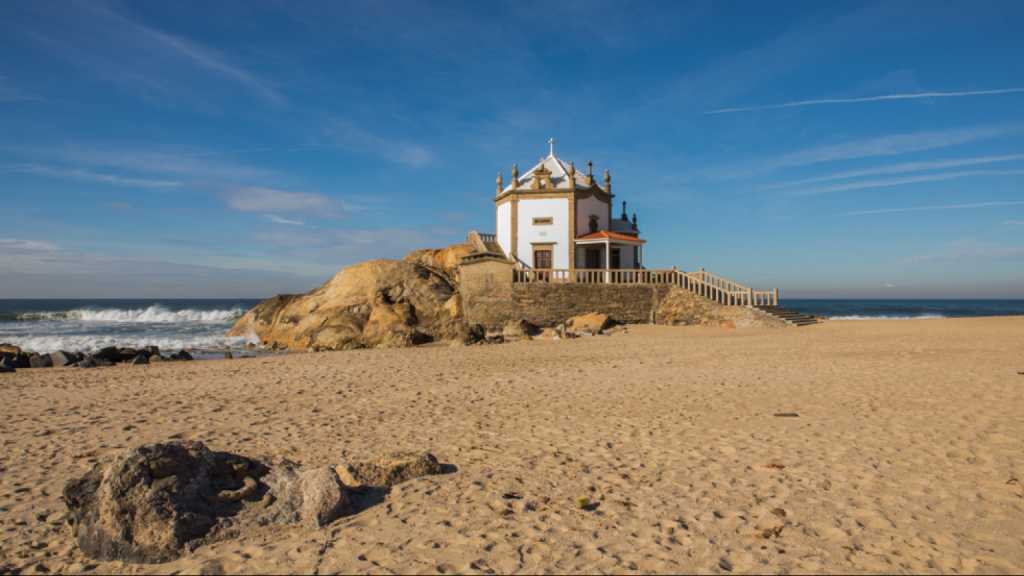
Located in Miramar, in the municipality of Vila Nova de Gaia, this beach bathed by the Atlantic is the setting for incredible landscapes. …
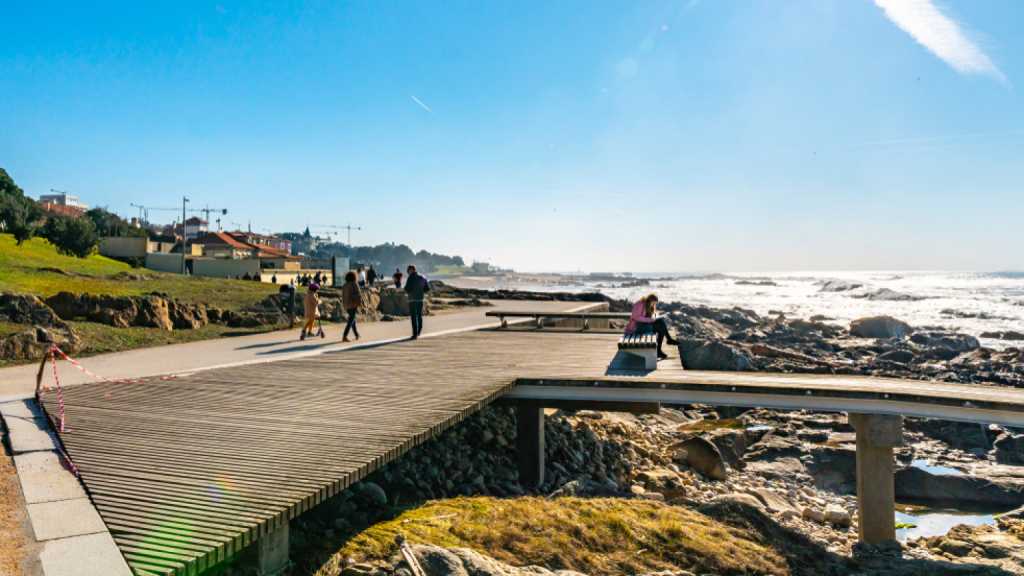
Located in Porto, it is one of the most iconic beaches in the city and in the North of Portugal, known for the bronze statue at the entrance that pays homage to the brave fishermen, the men without fear of the rudder. A beautiful landscape is built…
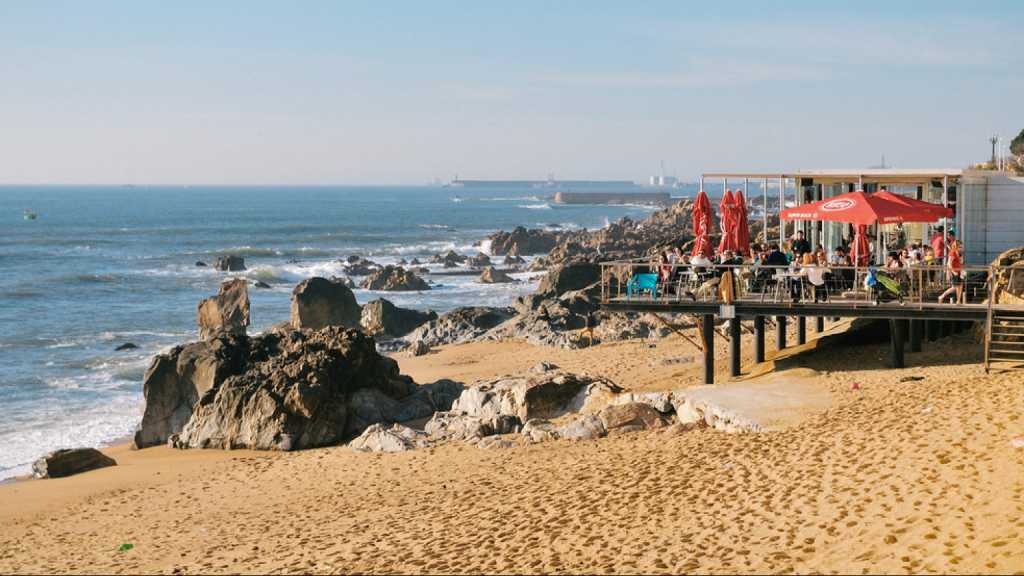
Located in Porto, Praia dos Ingleses has always been popular with Porto residents and, above all, British tourists. In the 19th century, the British were a familiar presence on this beach, together with the Porto bourgeoisie, who bathed and later…
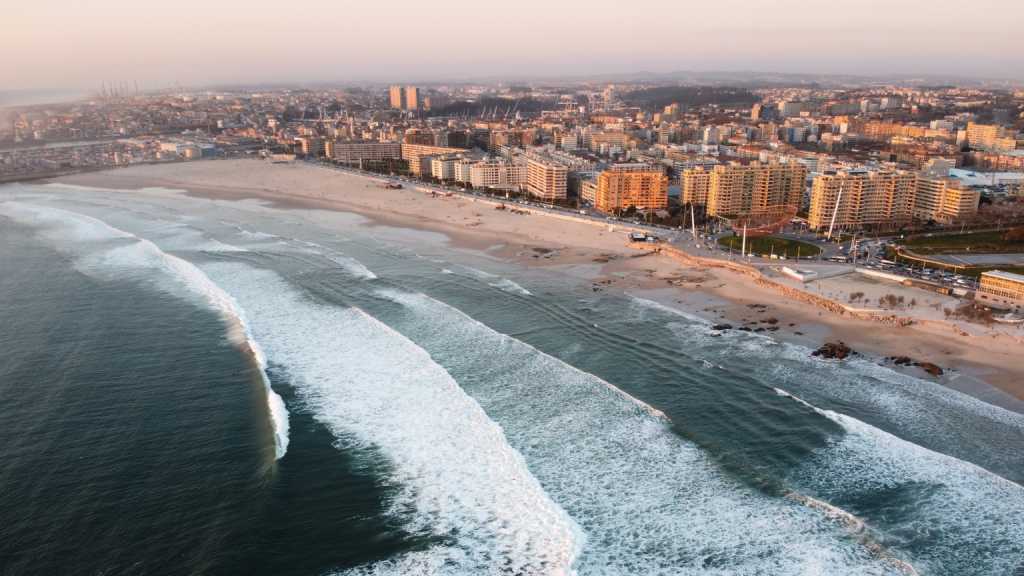
Located in Matosinhos, on the north bank of the Douro estuary, Praia de Matosinhos is popular among surfers, bodyboarders and kite surfers for its heavy swell and cold waters. With an urban character and wide sandy beach, it offers several…
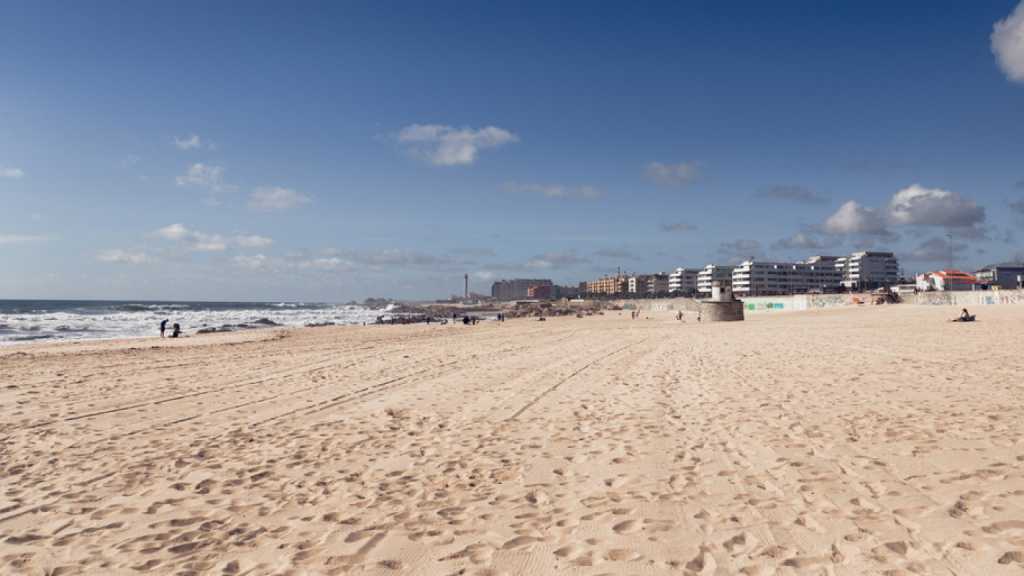
Bathed by the Atlantic Ocean and located on the northern maritime front of Matosinhos Municipality, Leça da Palmeira is a long sandy beach and rough sea that water sports enthusiasts love. …
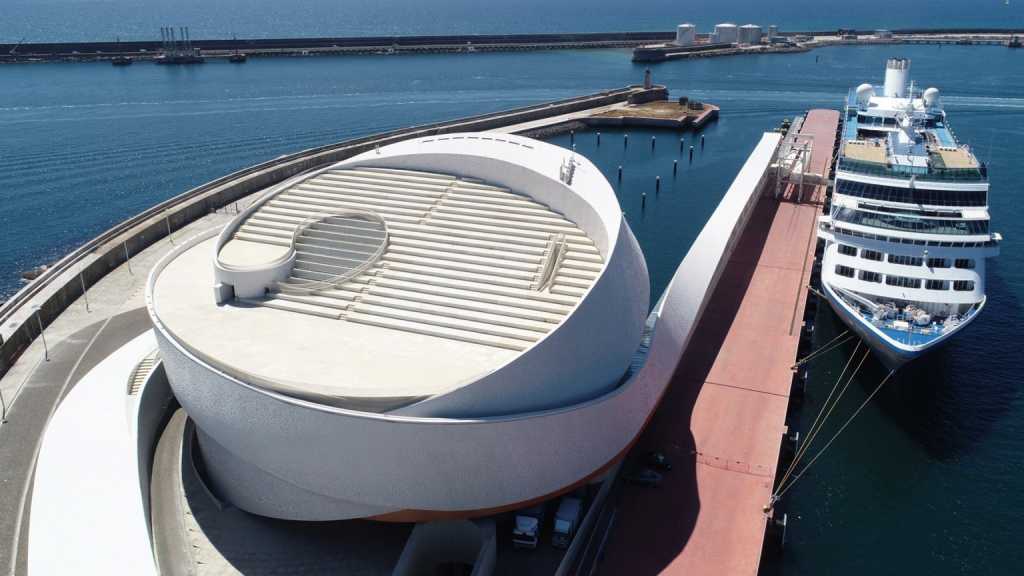
The new Terminal de Cruzeiros do Porto de Leixões has brought a new dynamic of territorial cooperation with two main aims: to improve the commercial efficiency of the port and urban integration. It not only boosted the growth in the number of ships…
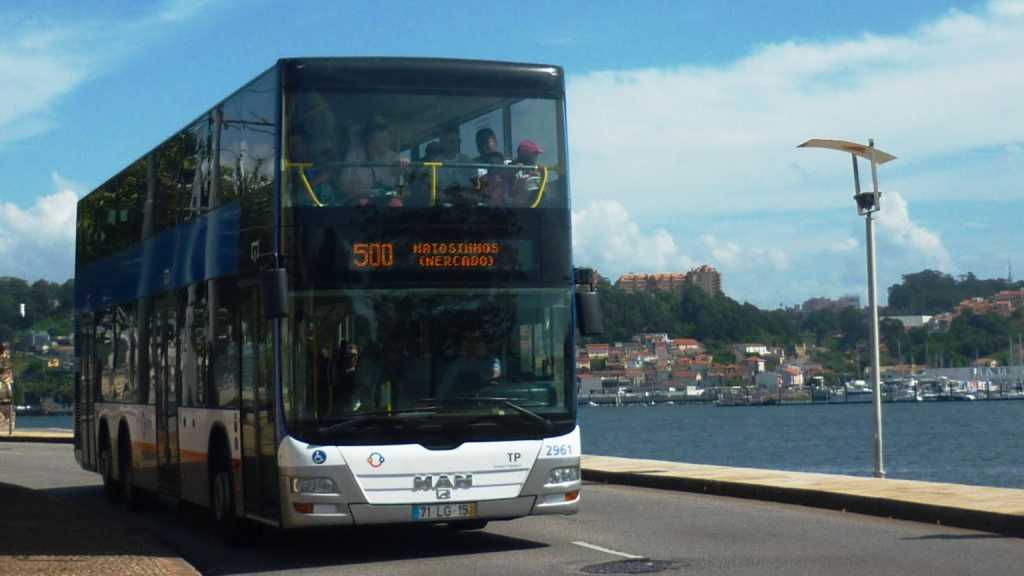
This reliable bus route connects the heart of the city to the coastal town of Matosinhos. Here’s what you need to know:…
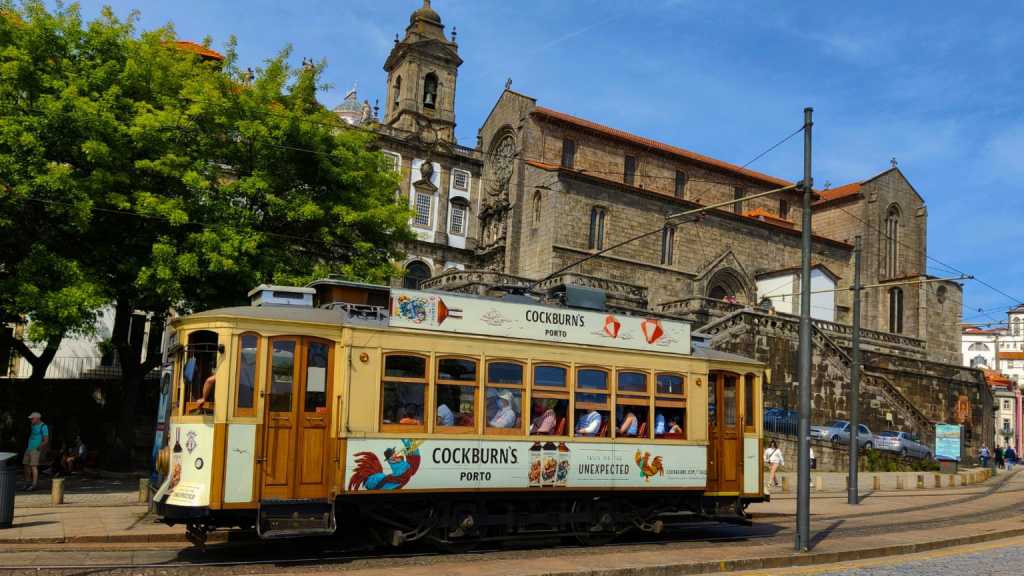
This vintage tram, with its polished wooden interiors, takes you on a charming journey along the scenic Douro River. Here’s what you need to know:…
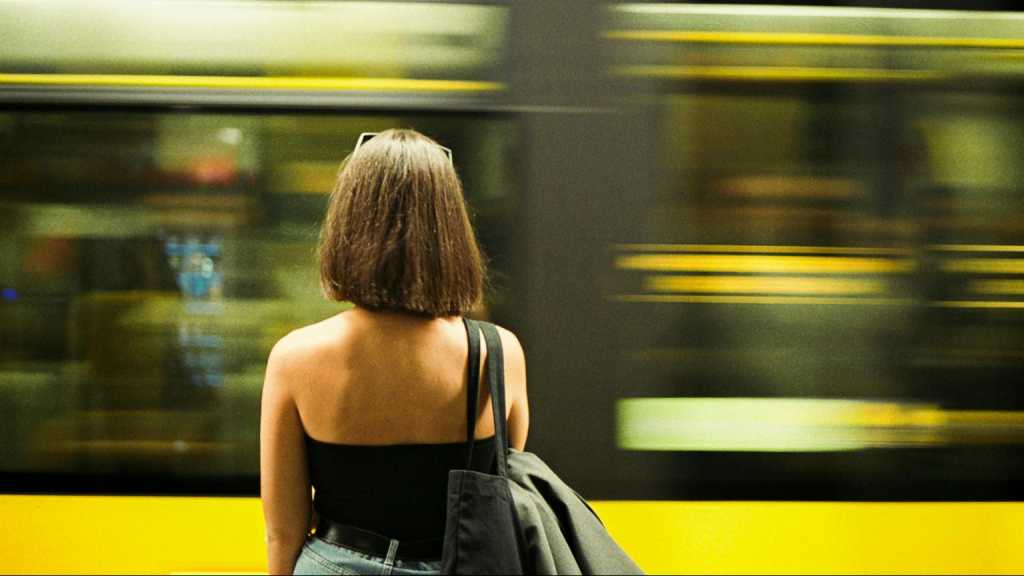
This extensive light rail network has been an integral part of Porto’s public transportation system since its inauguration in 2002. Let’s explore the key details:…